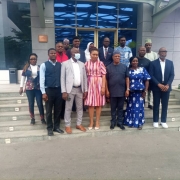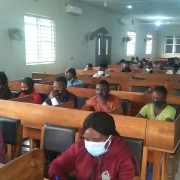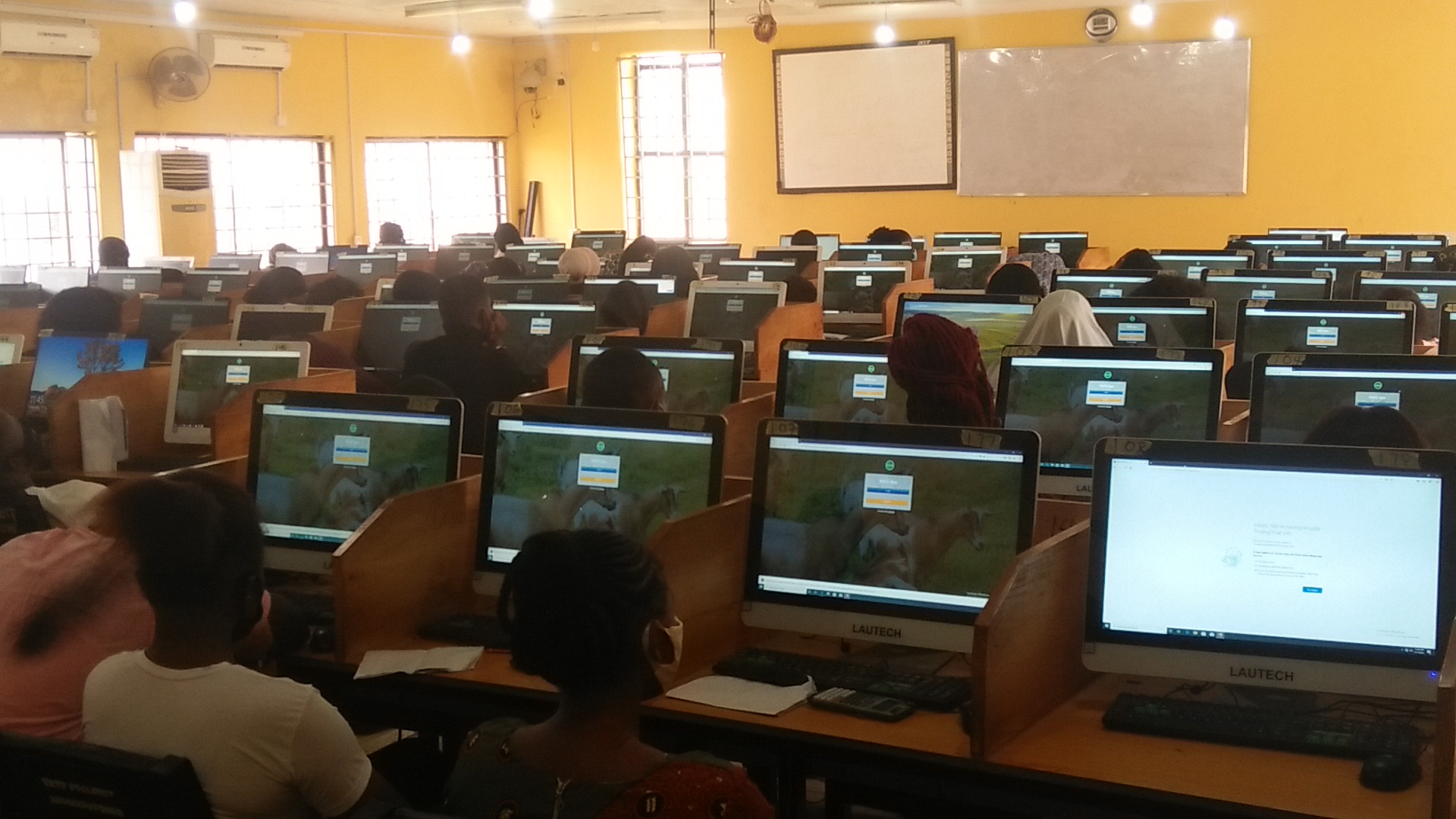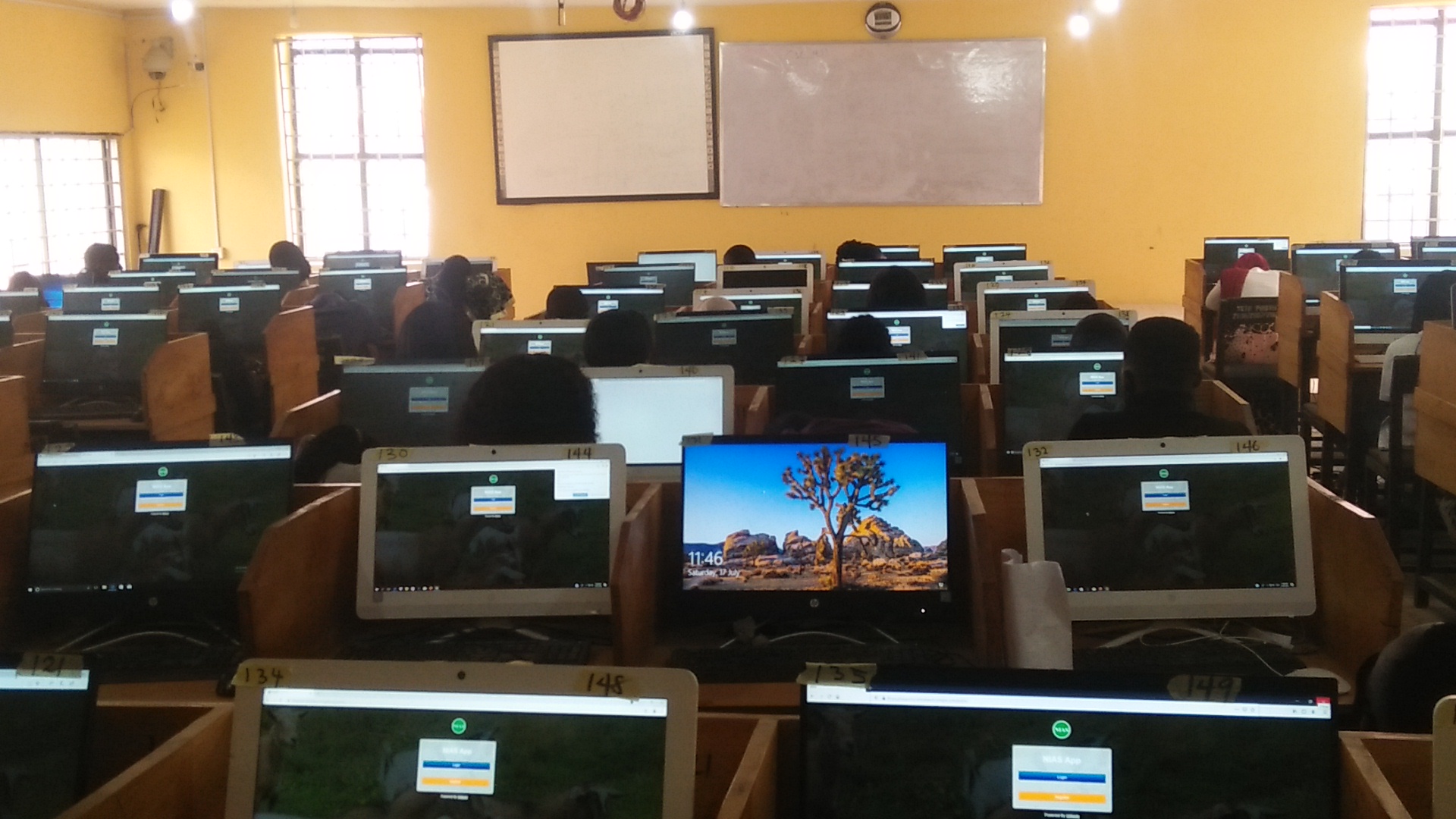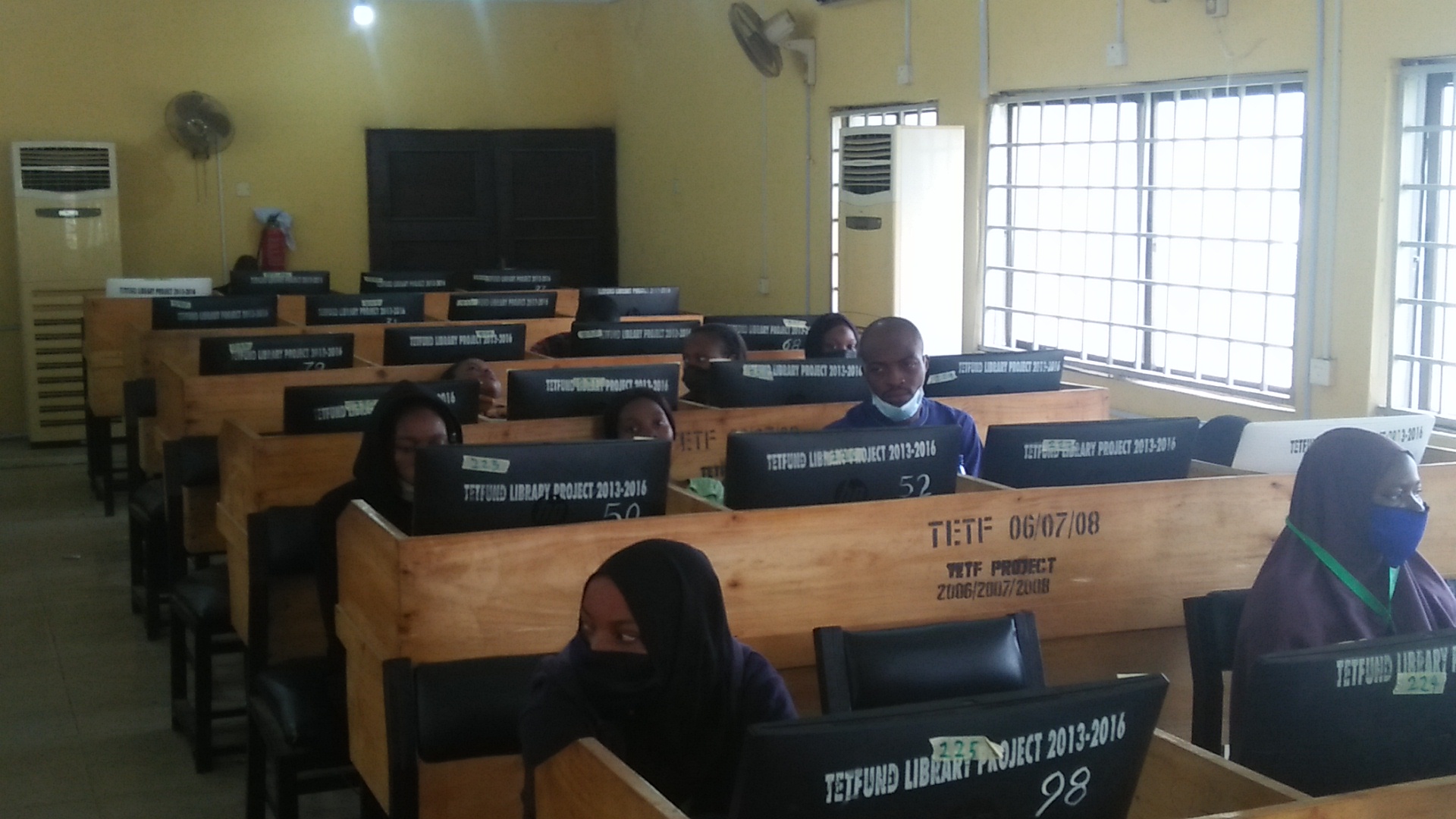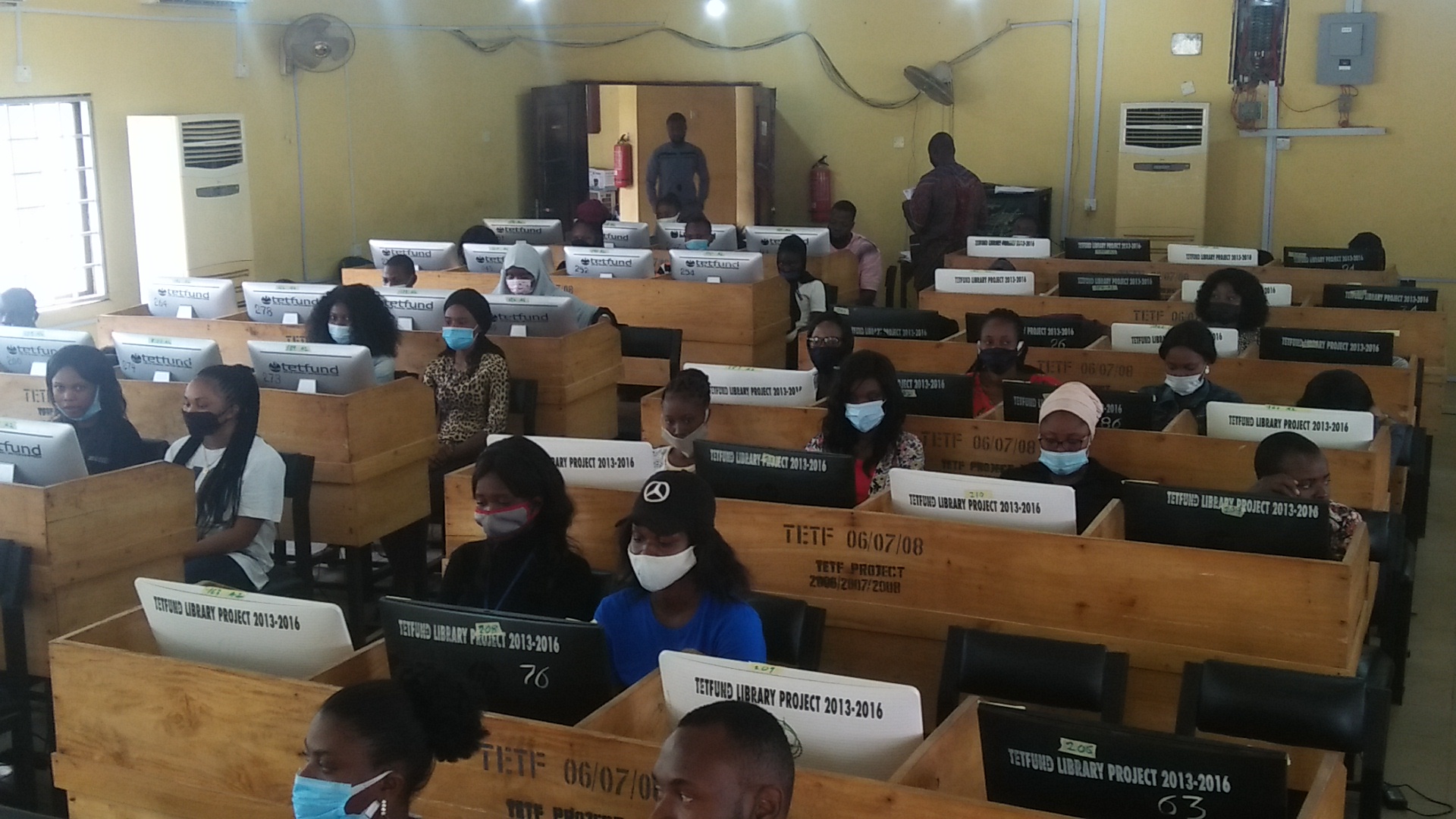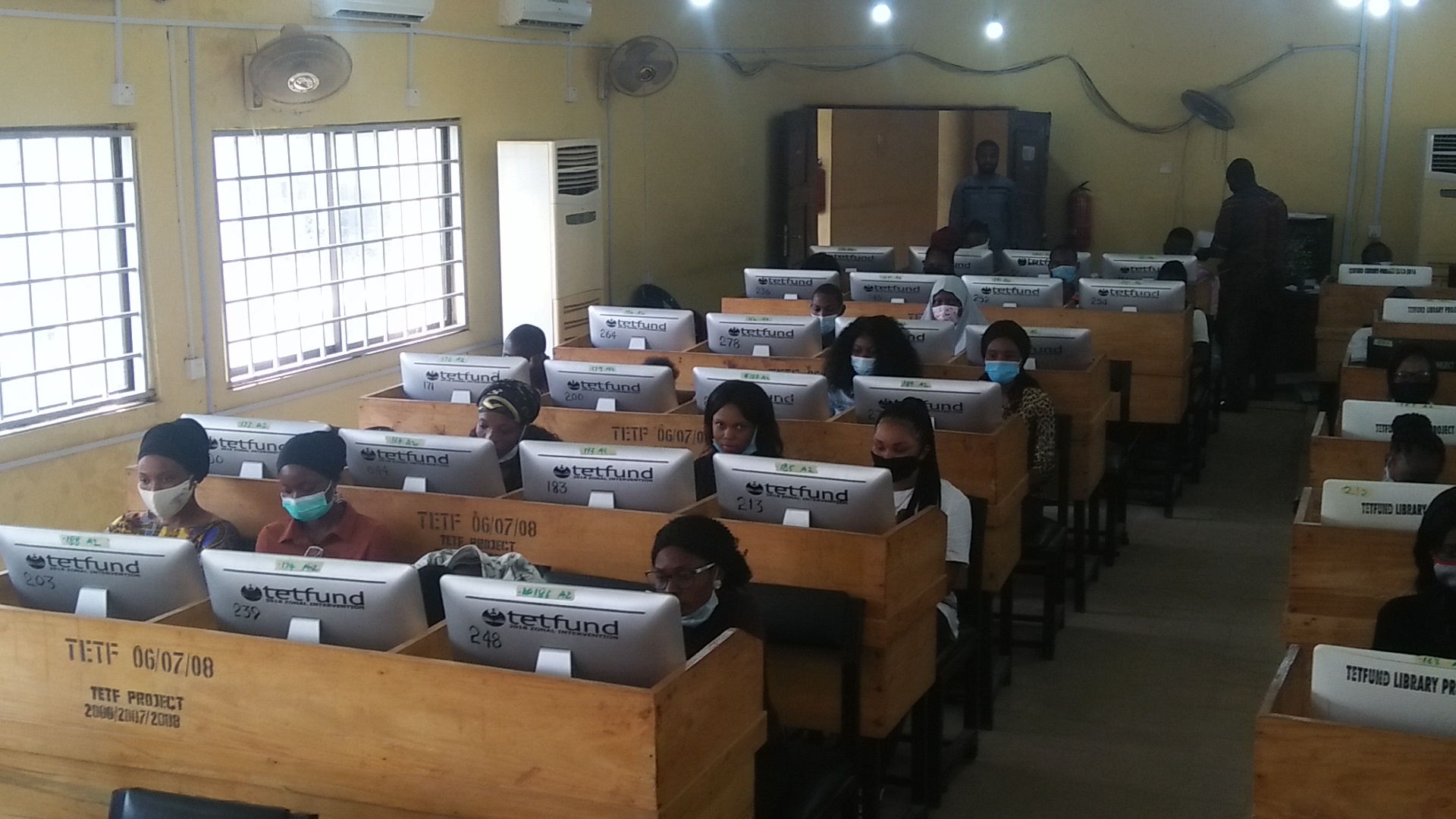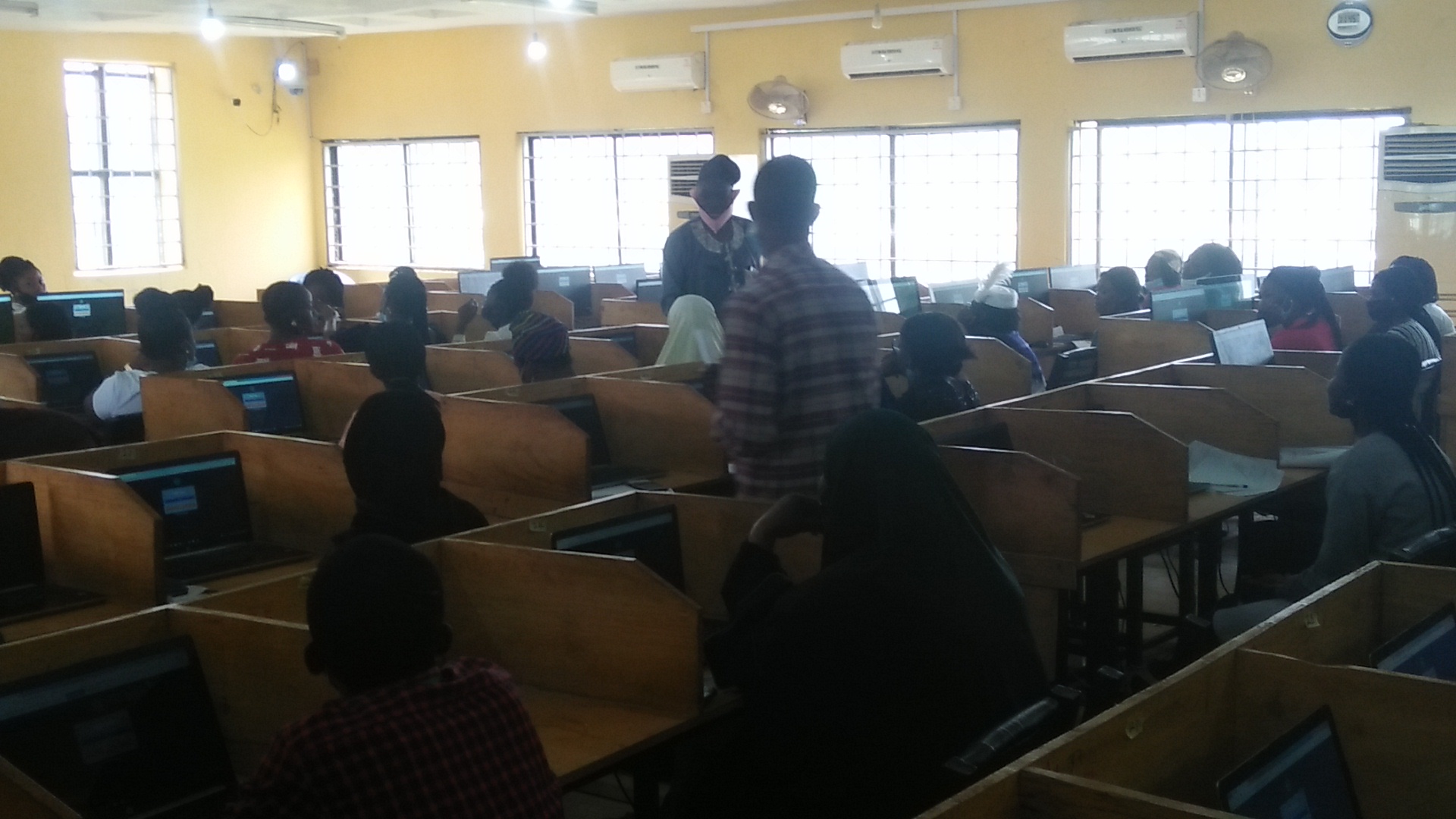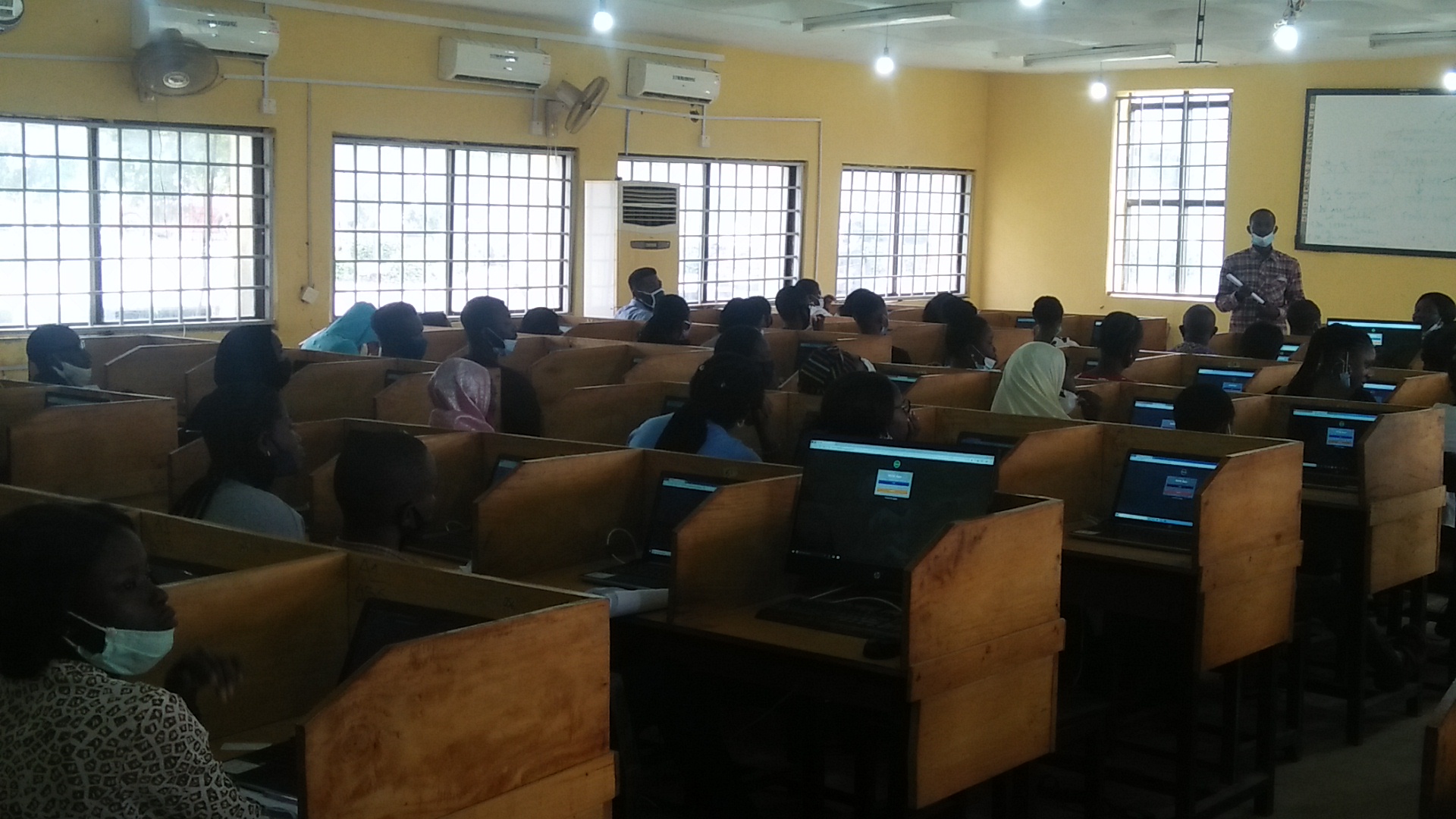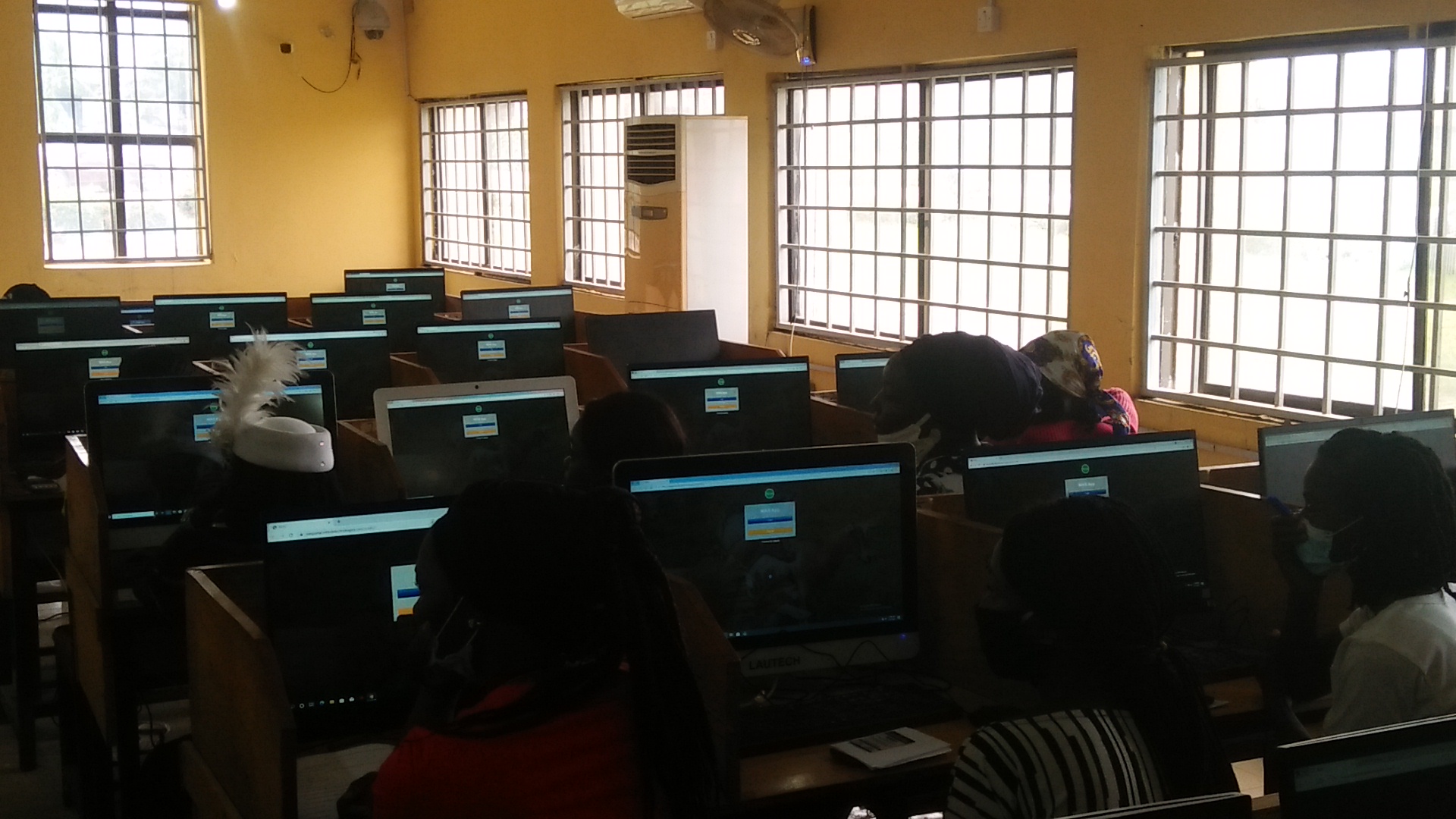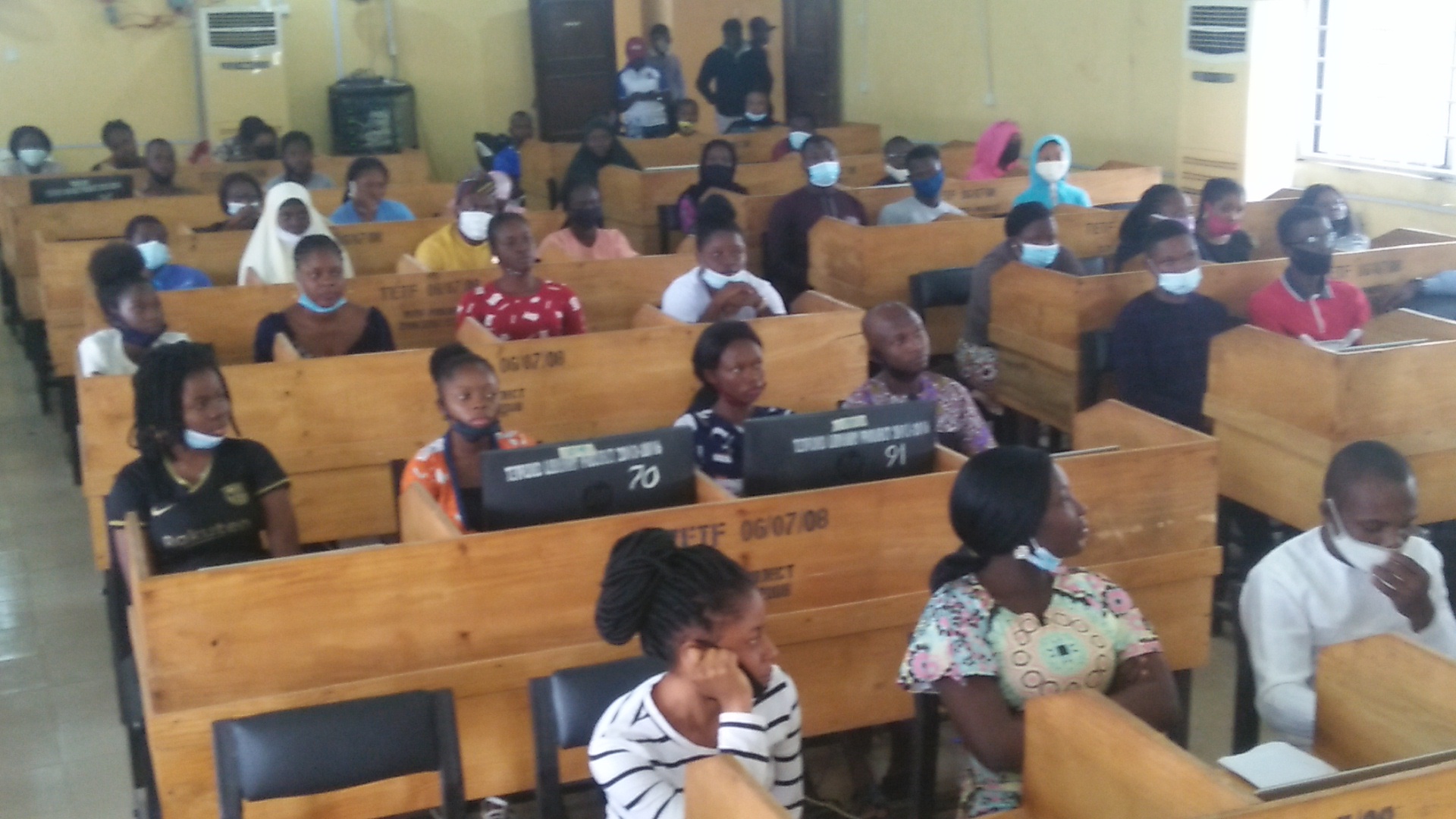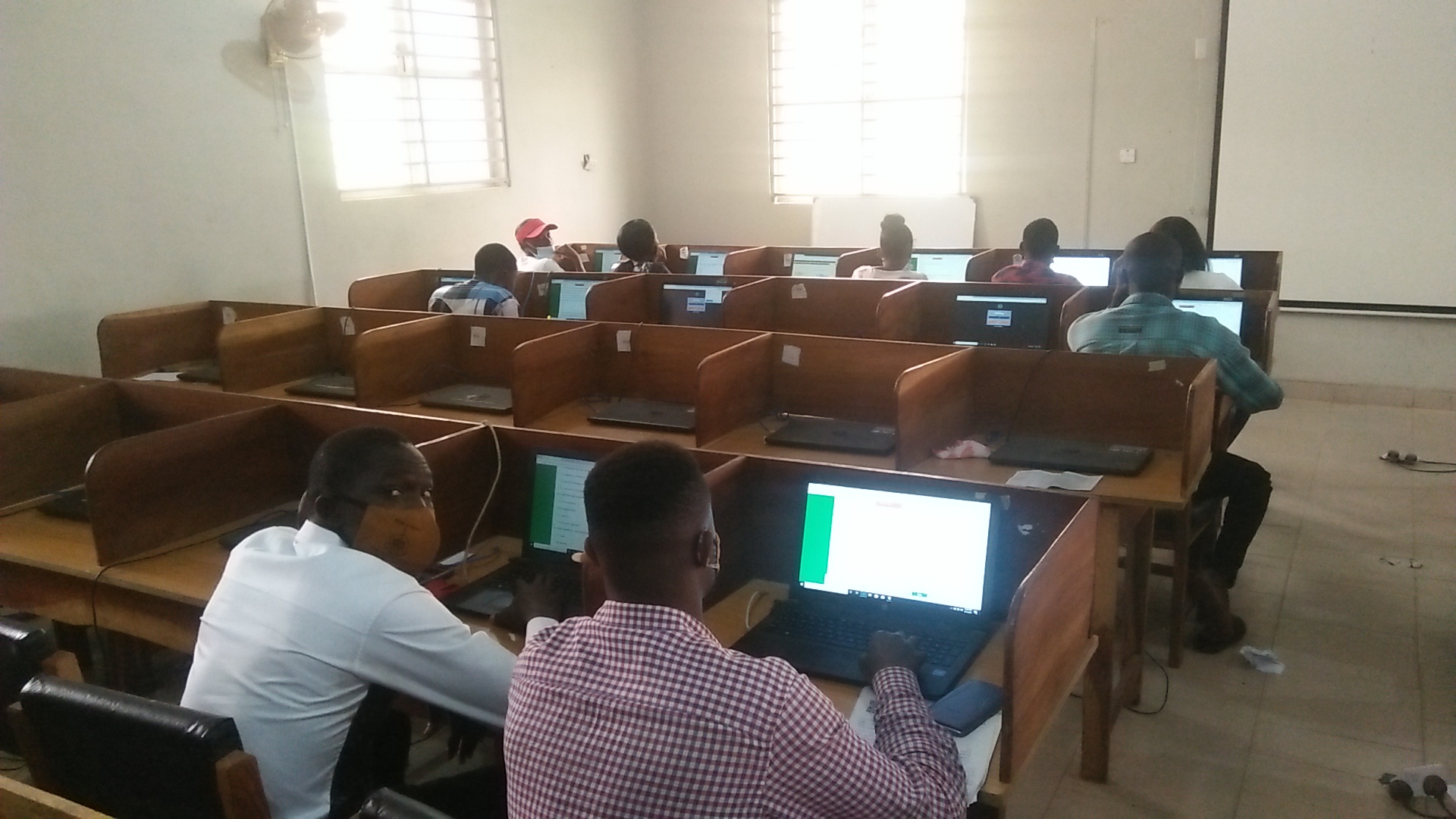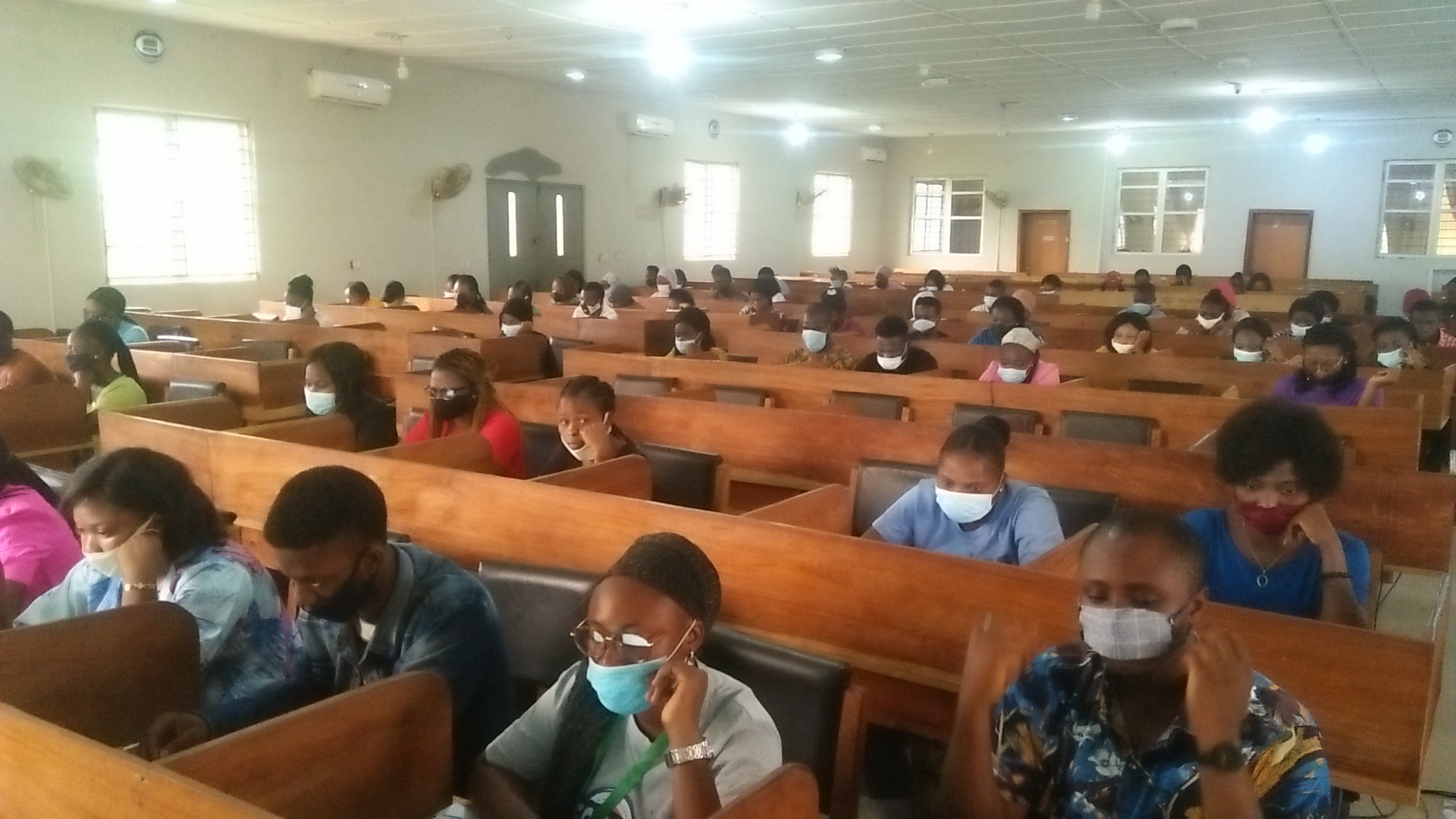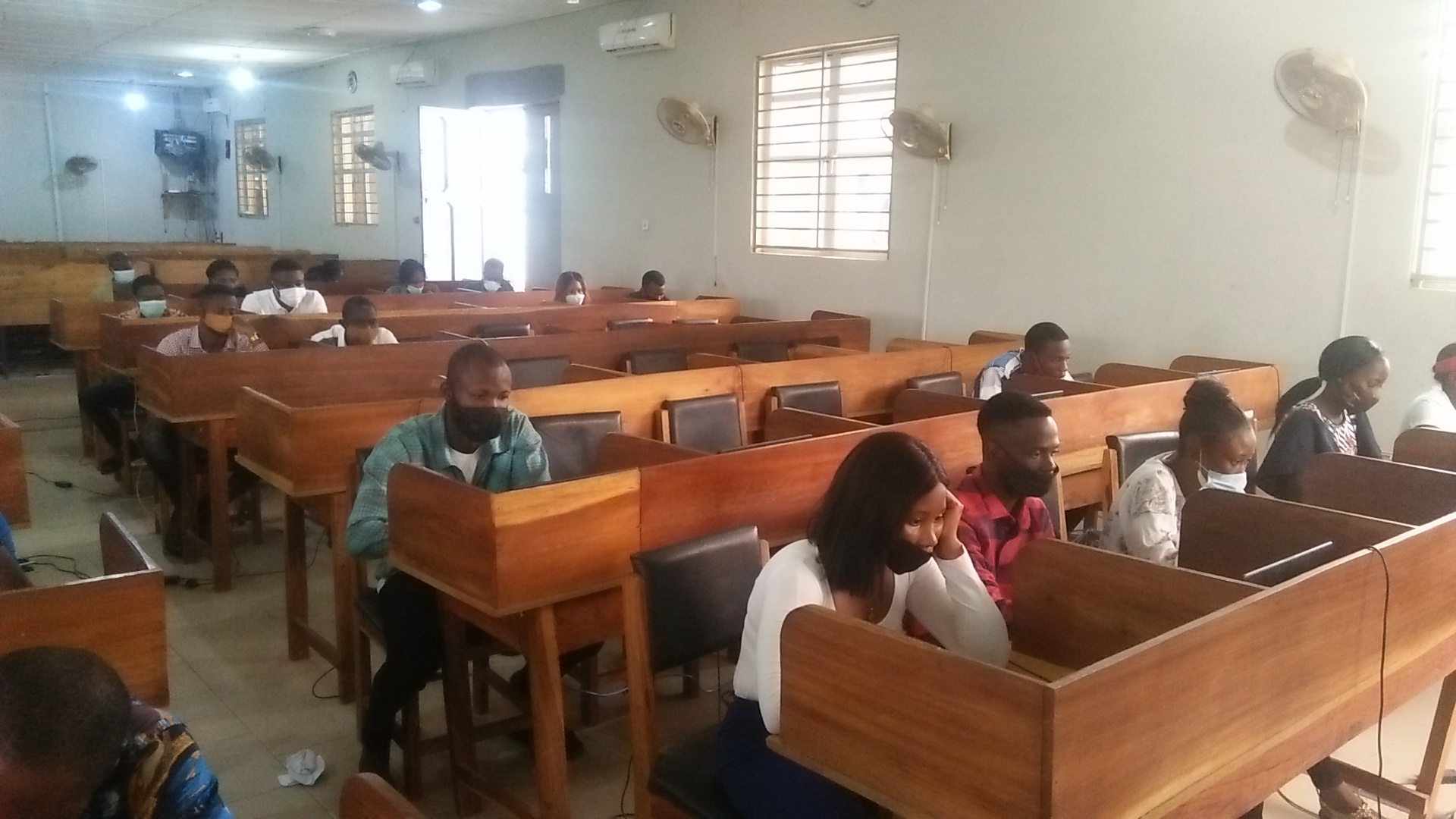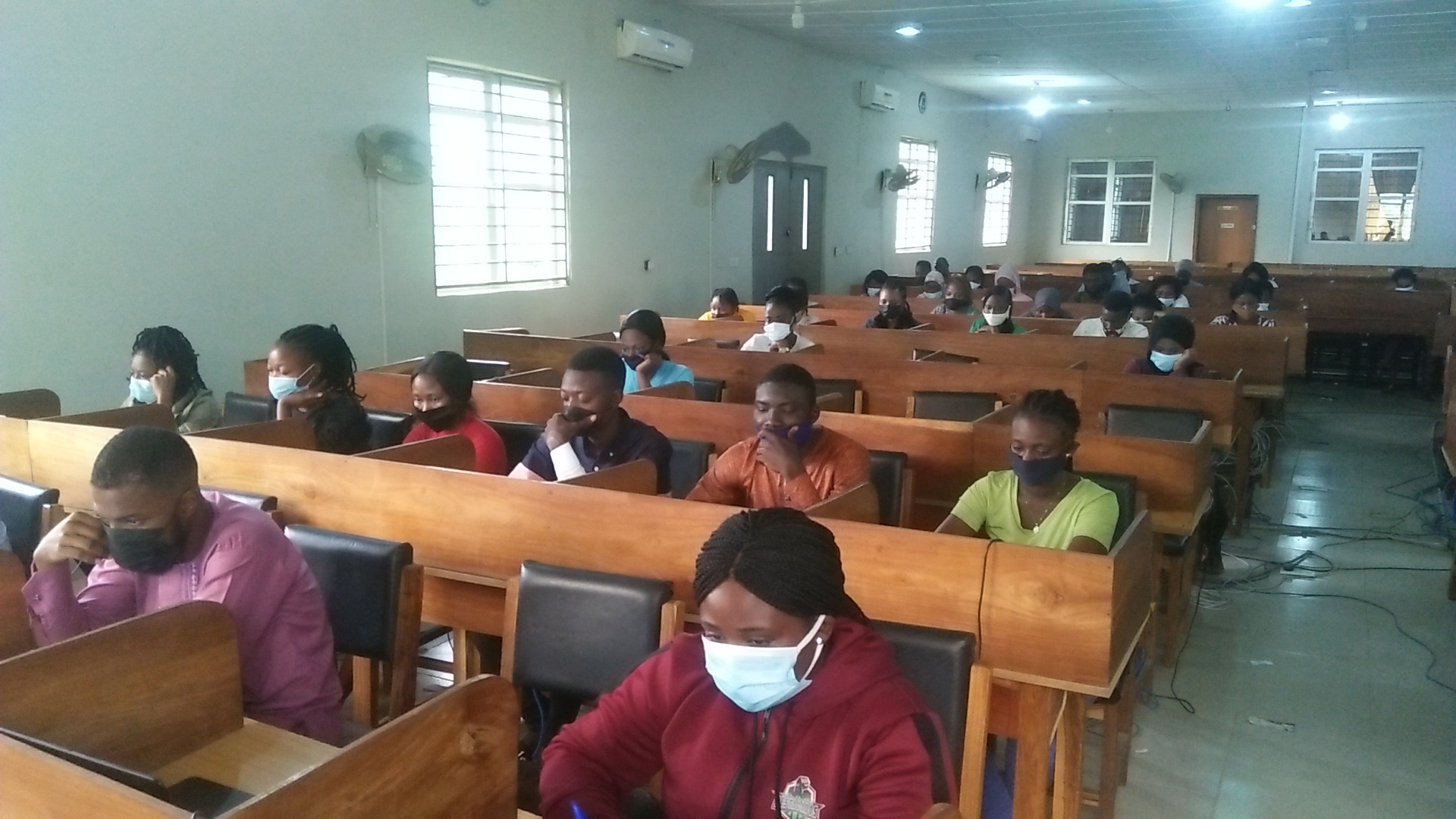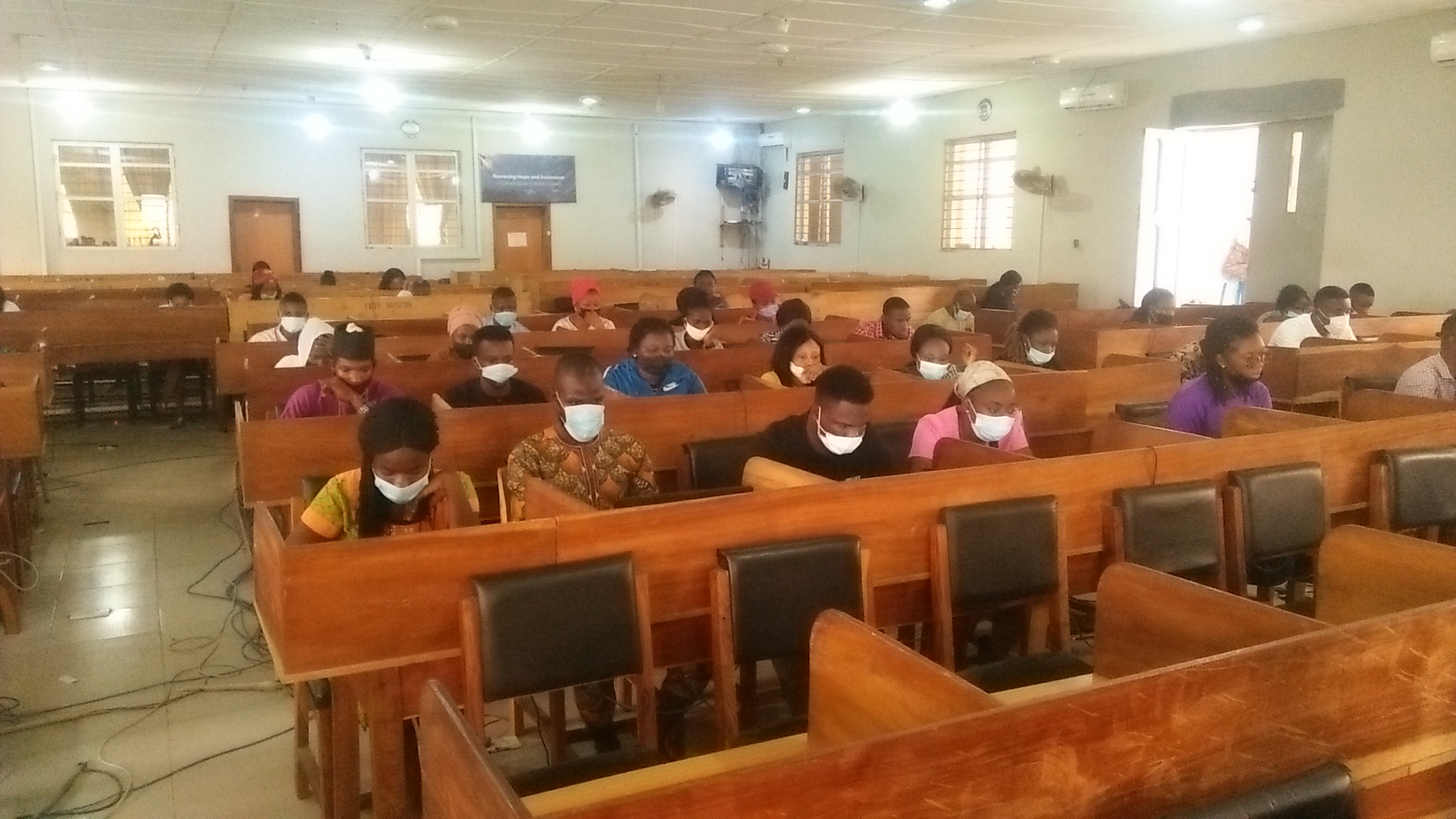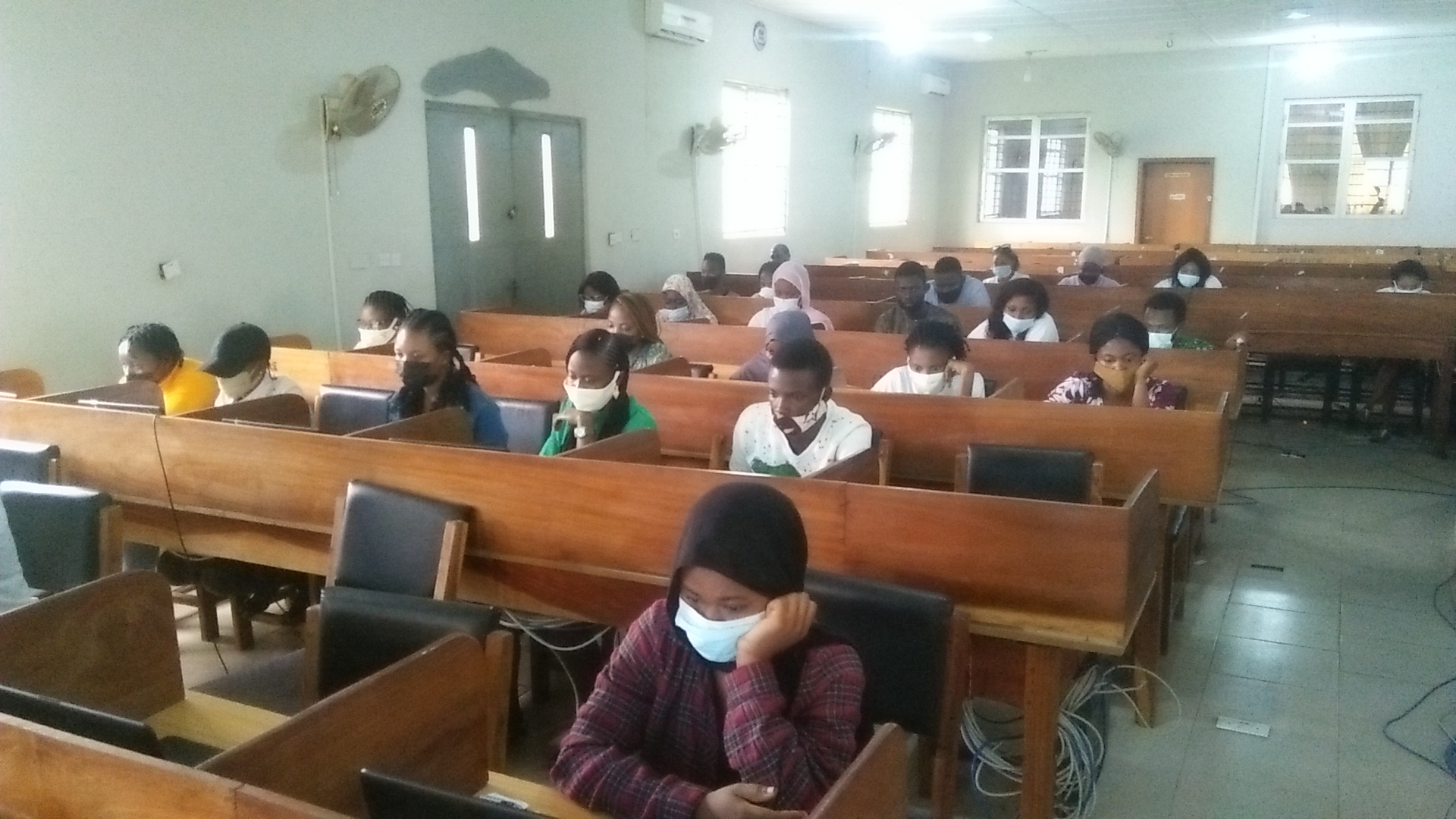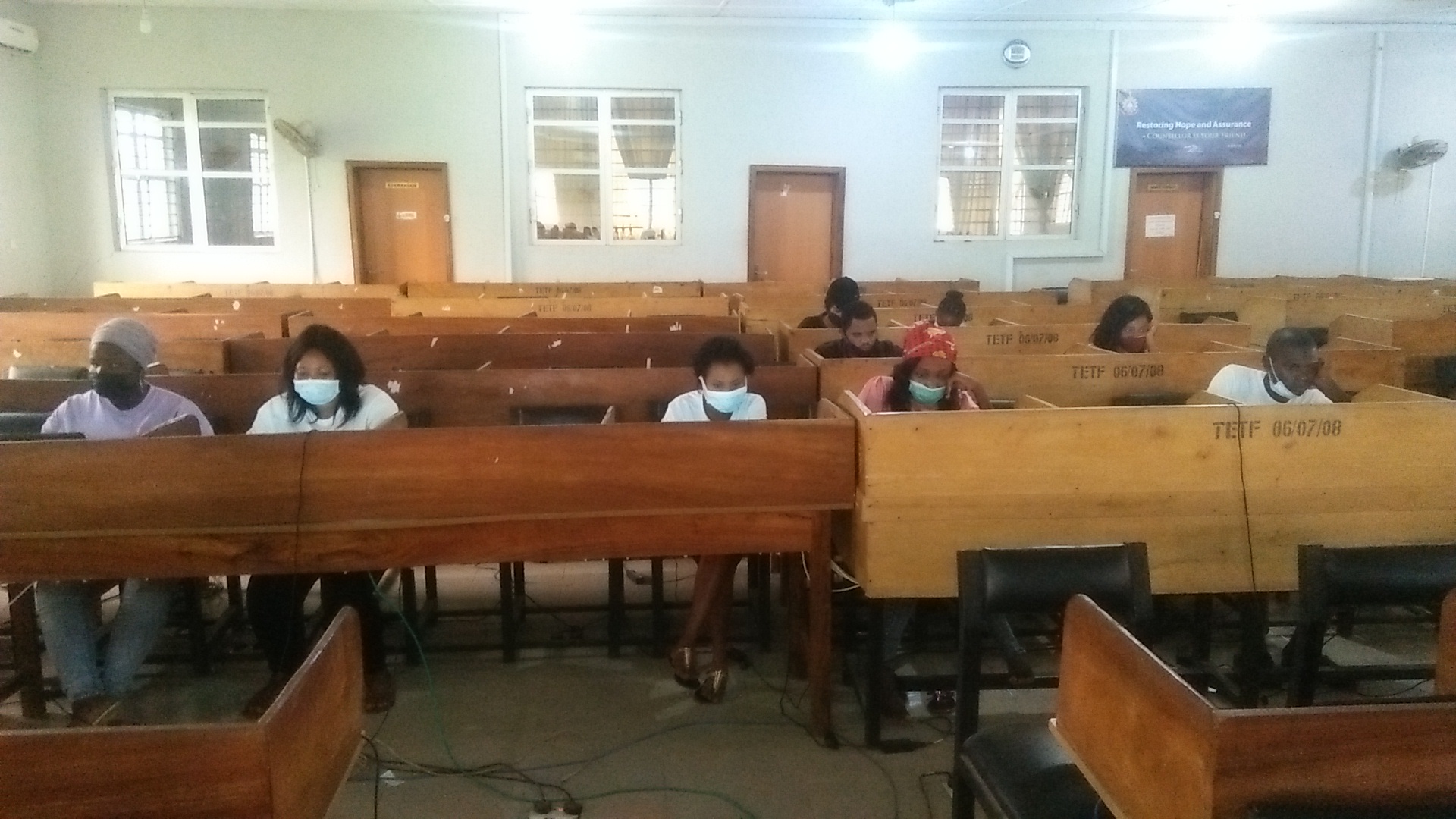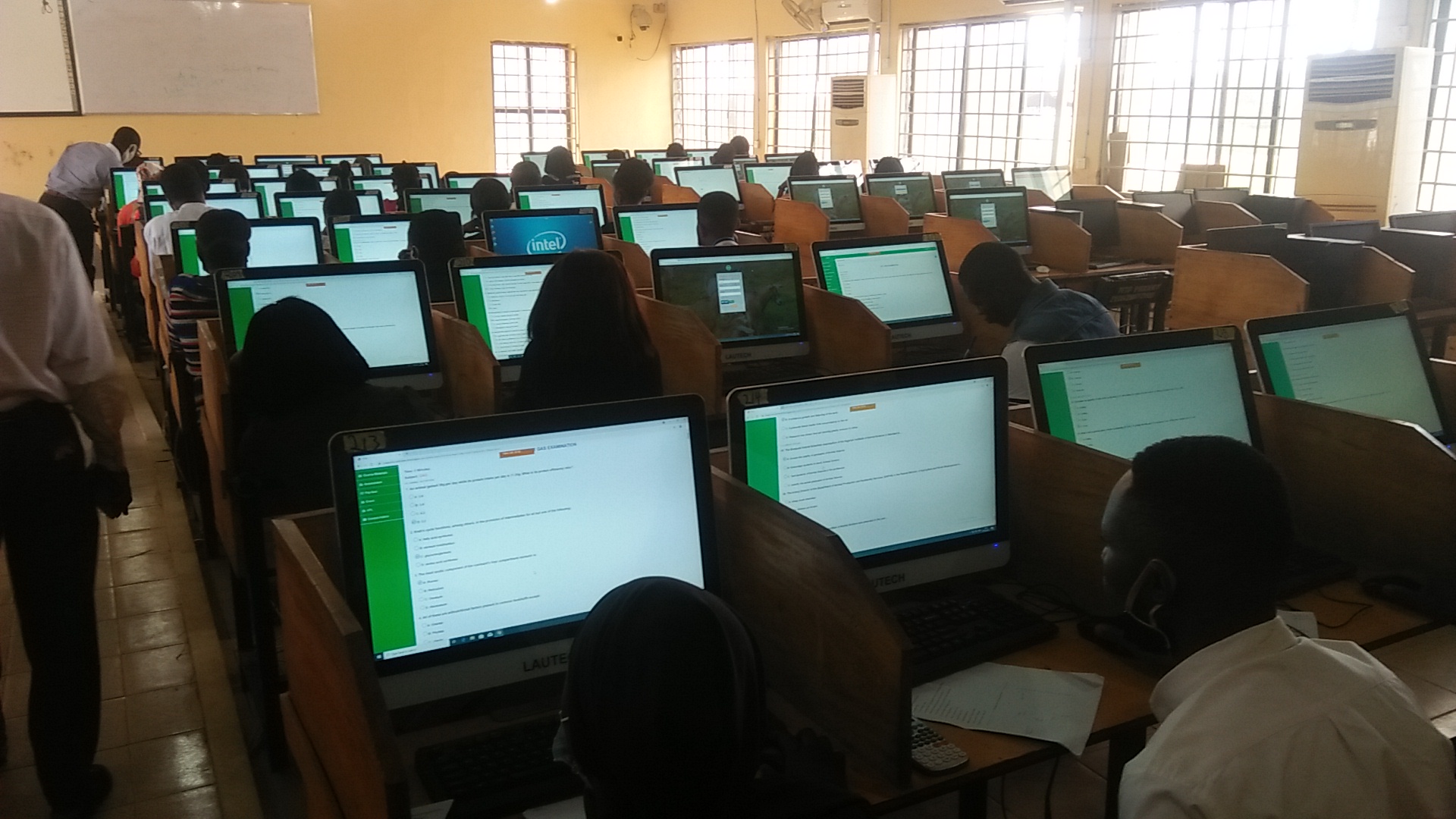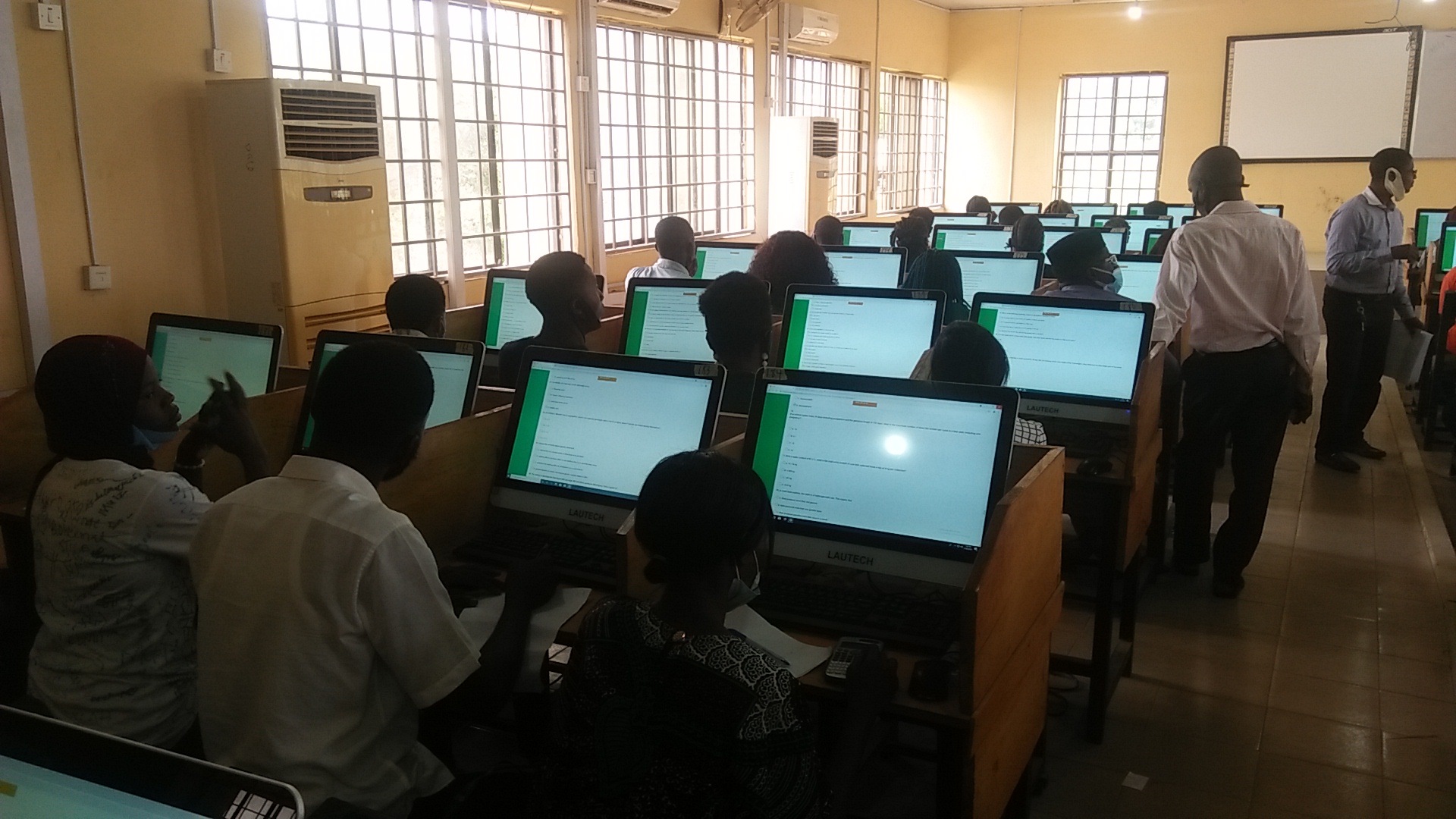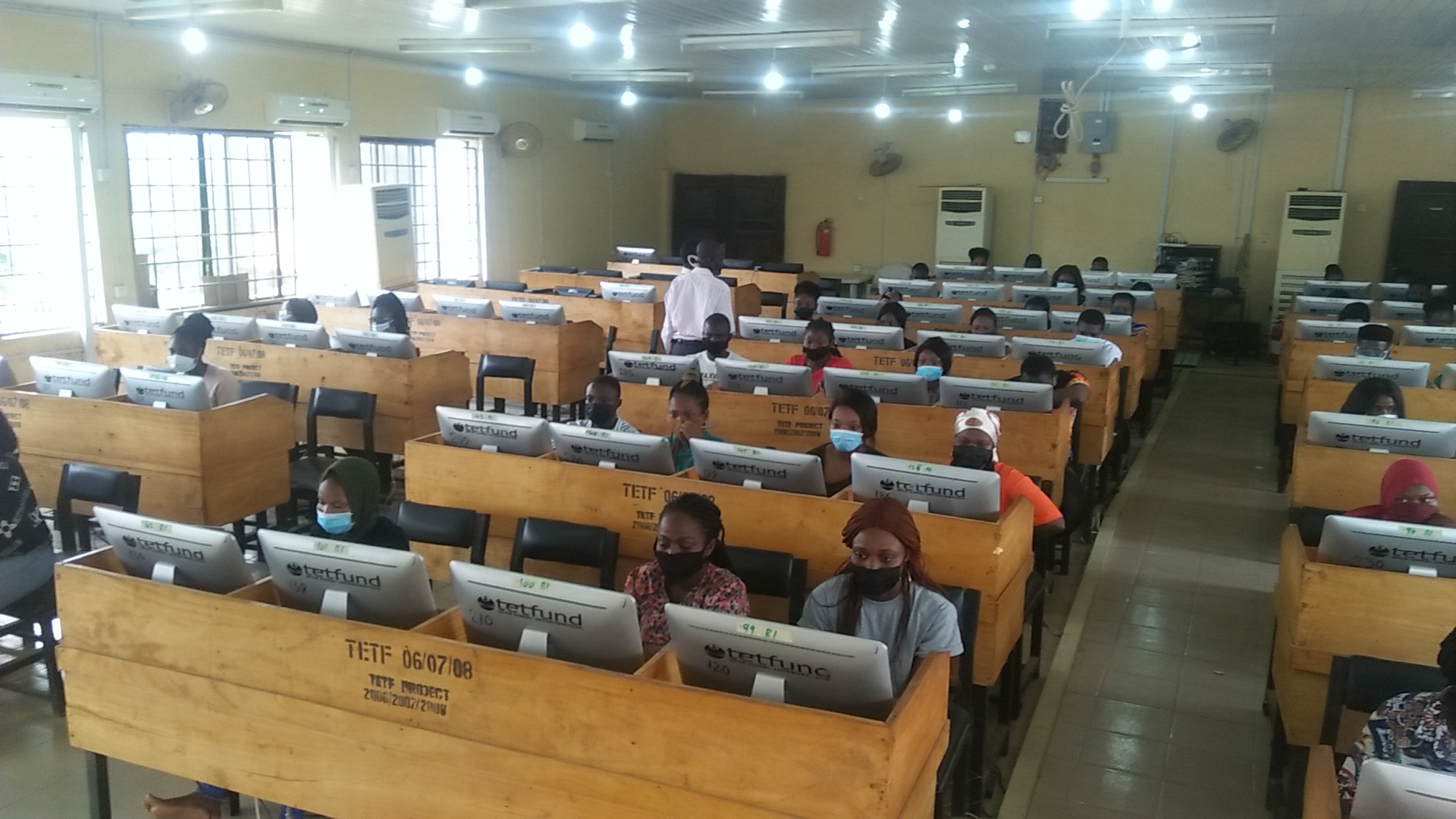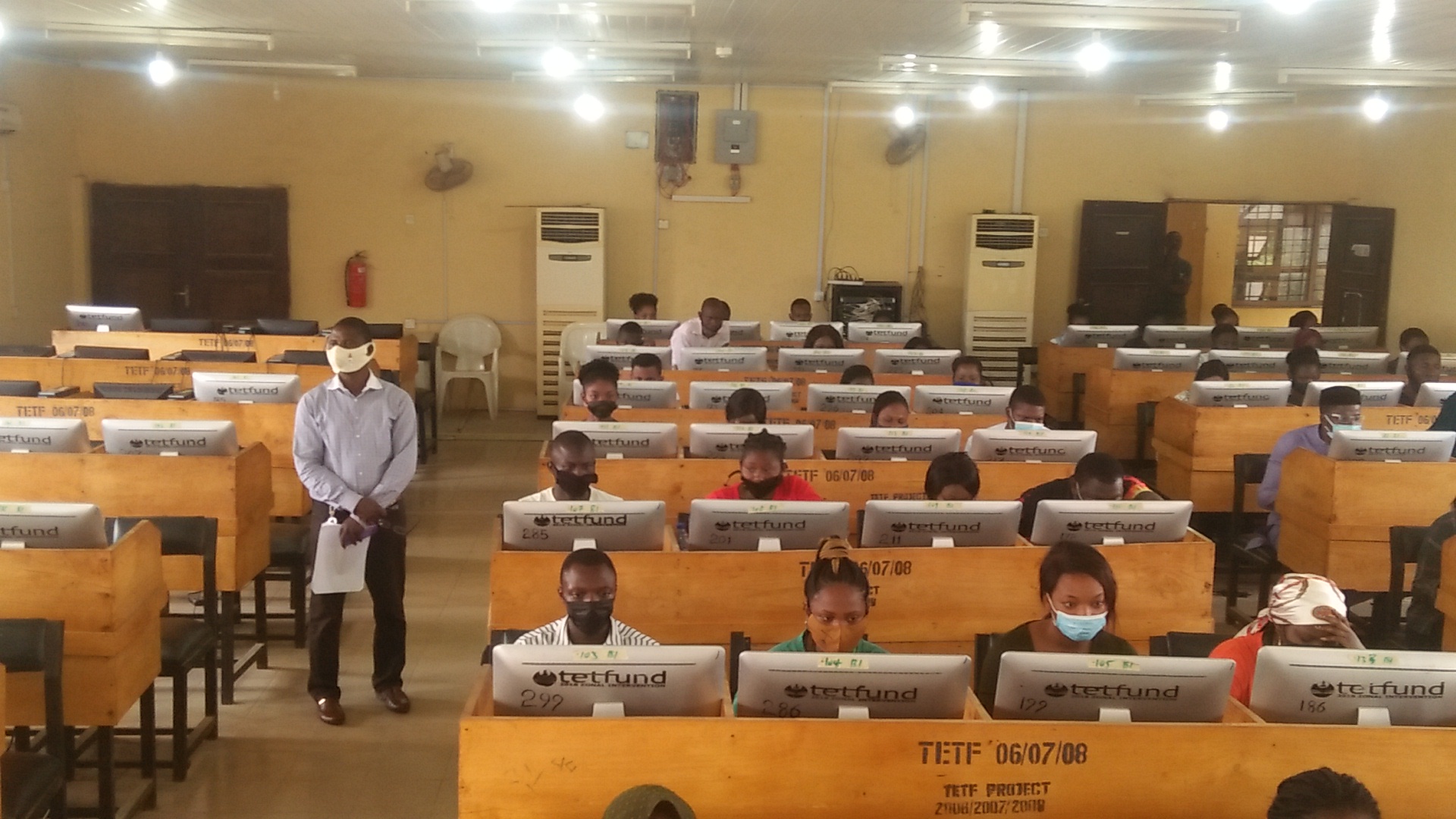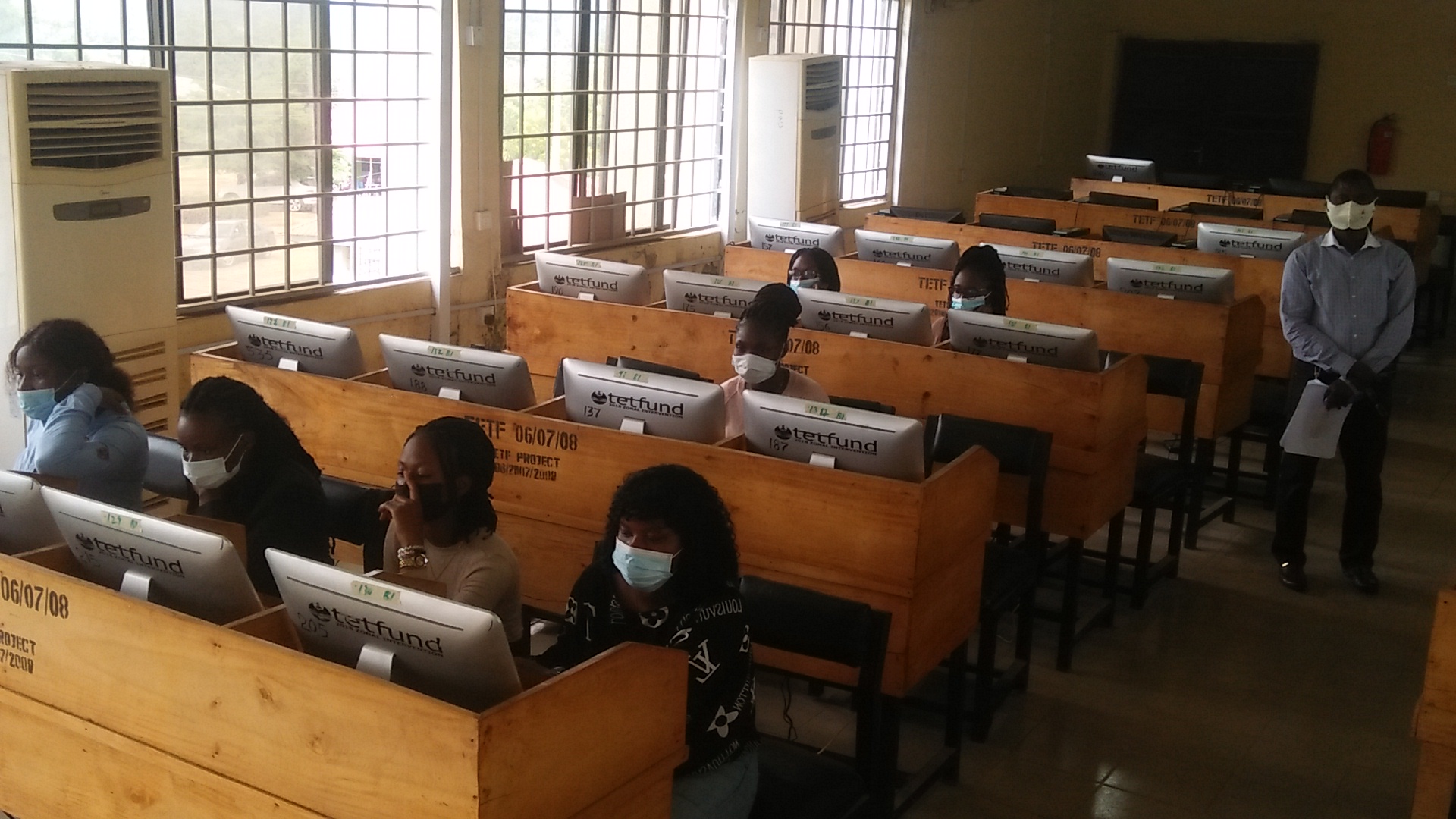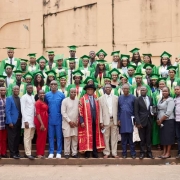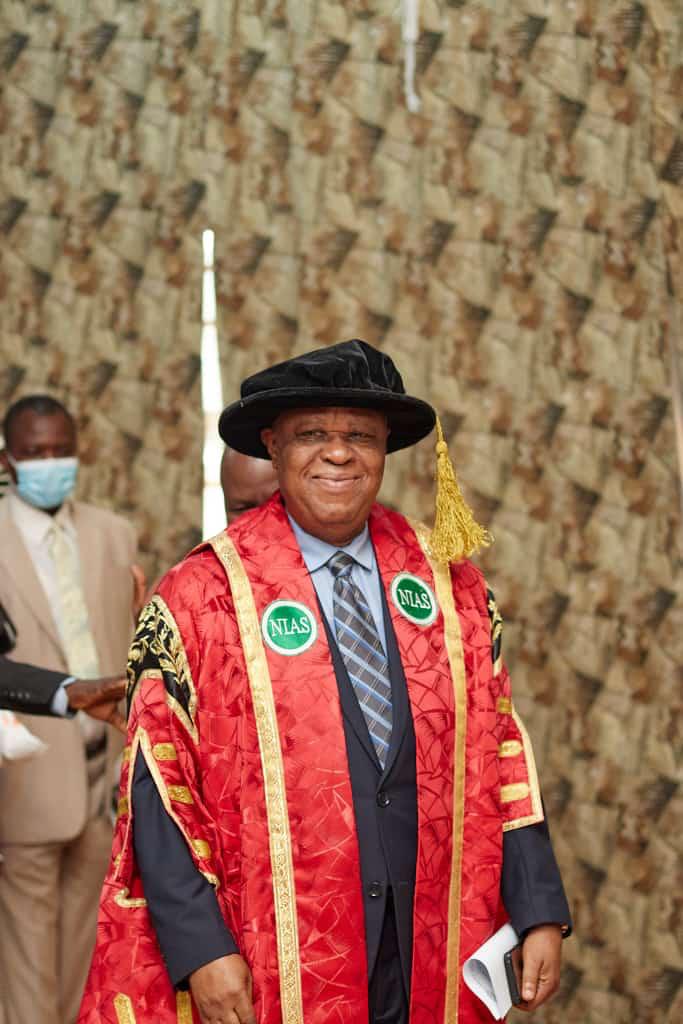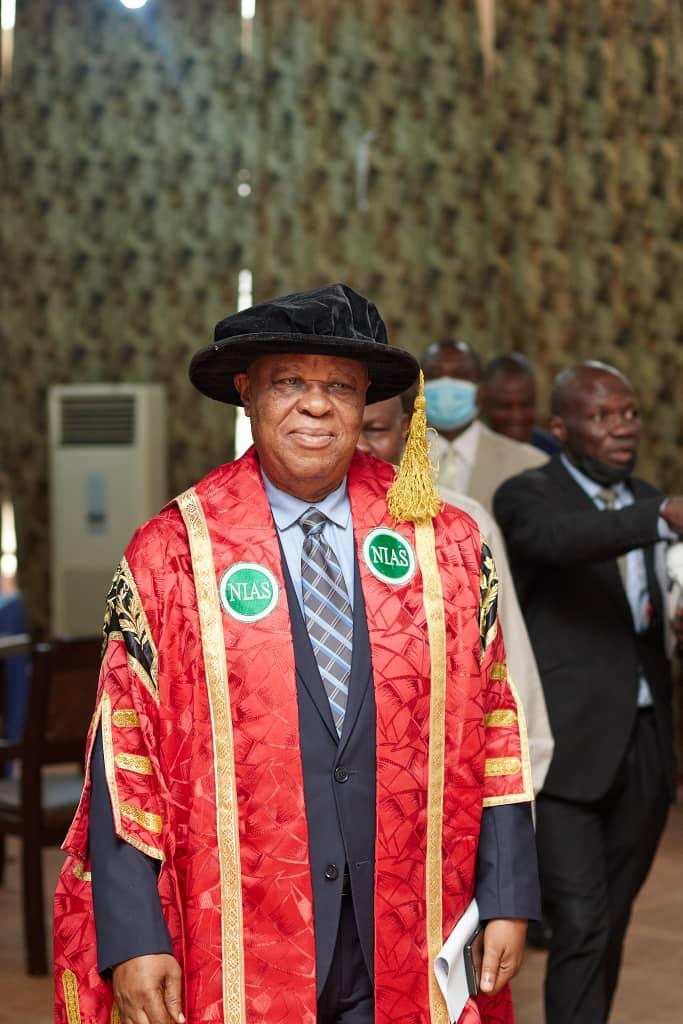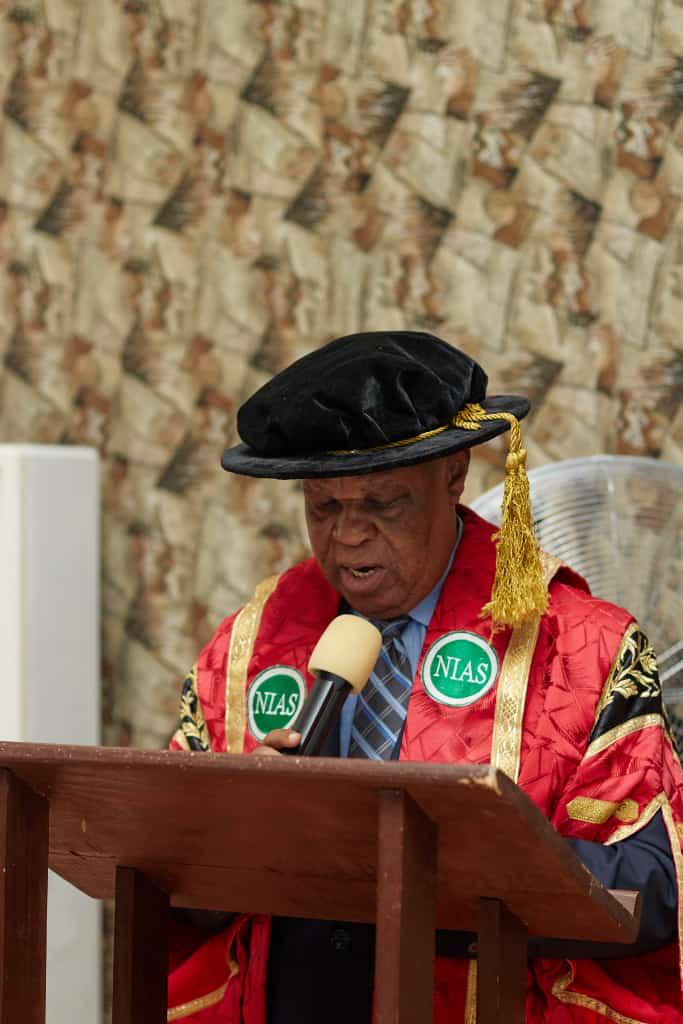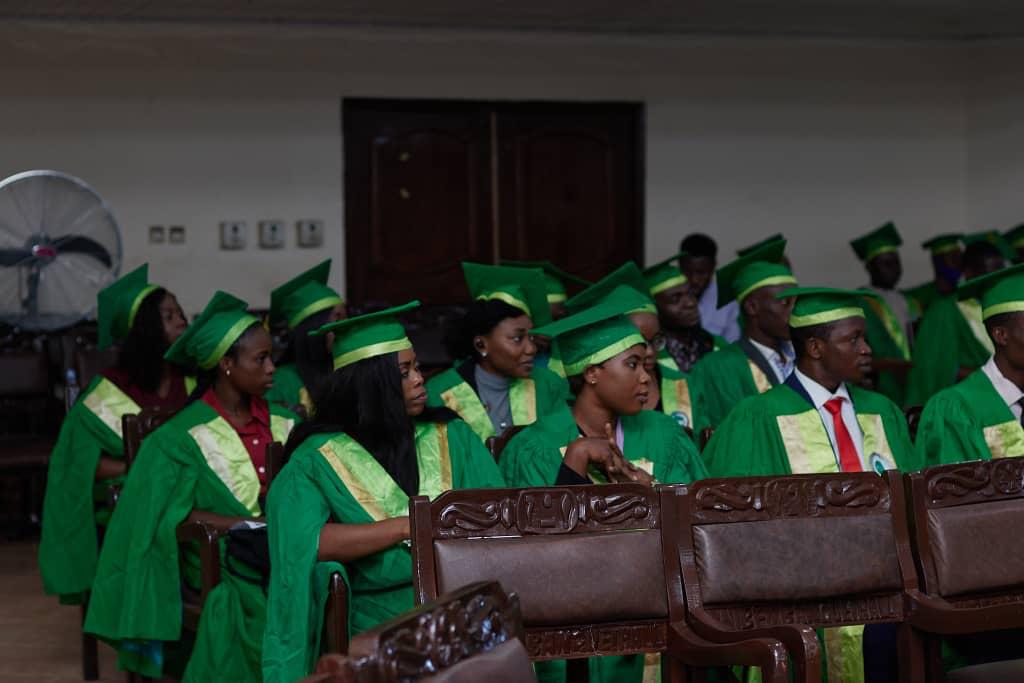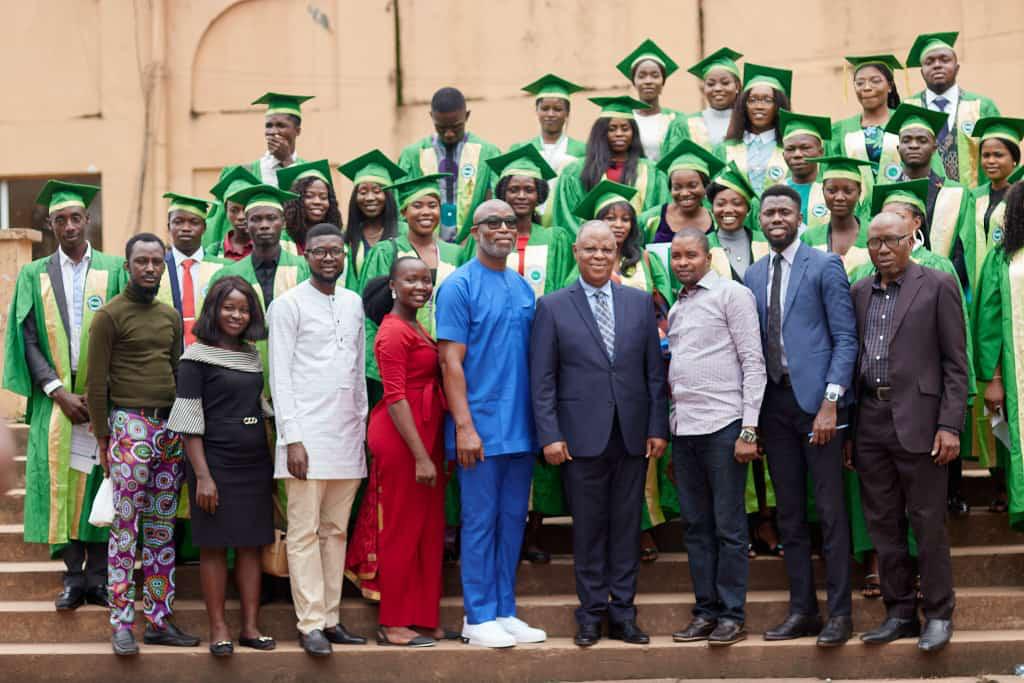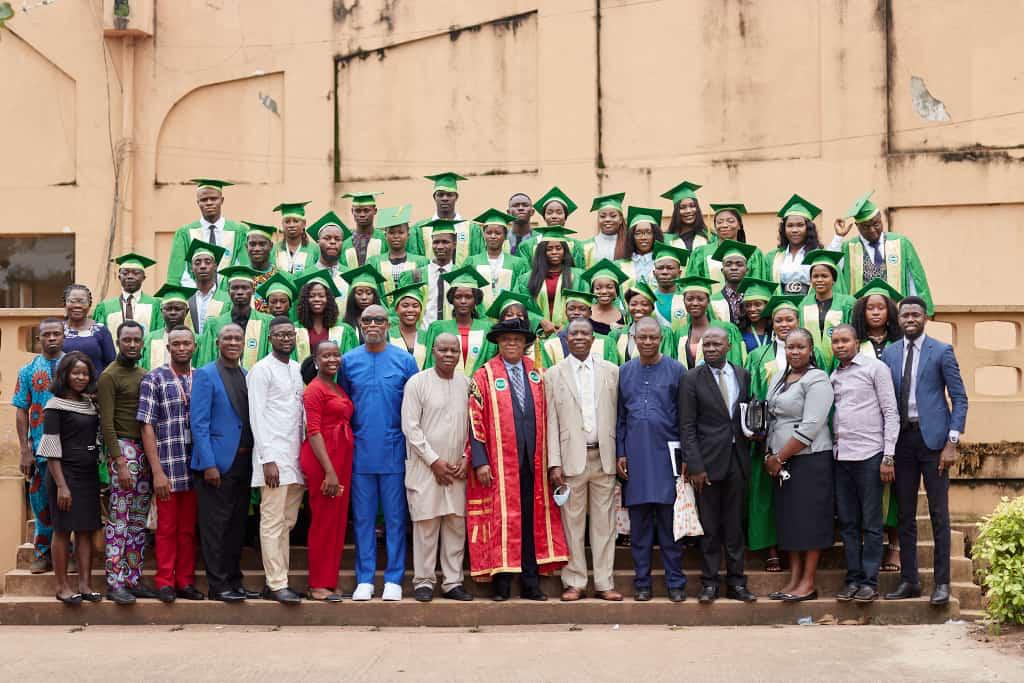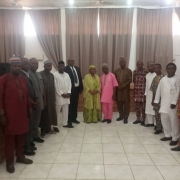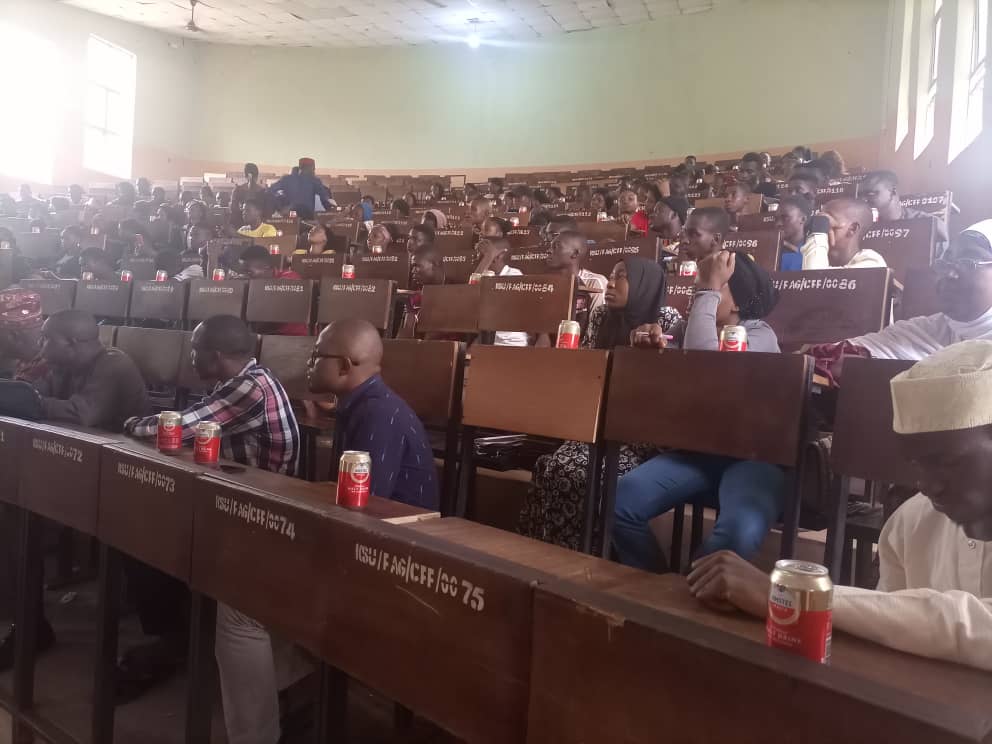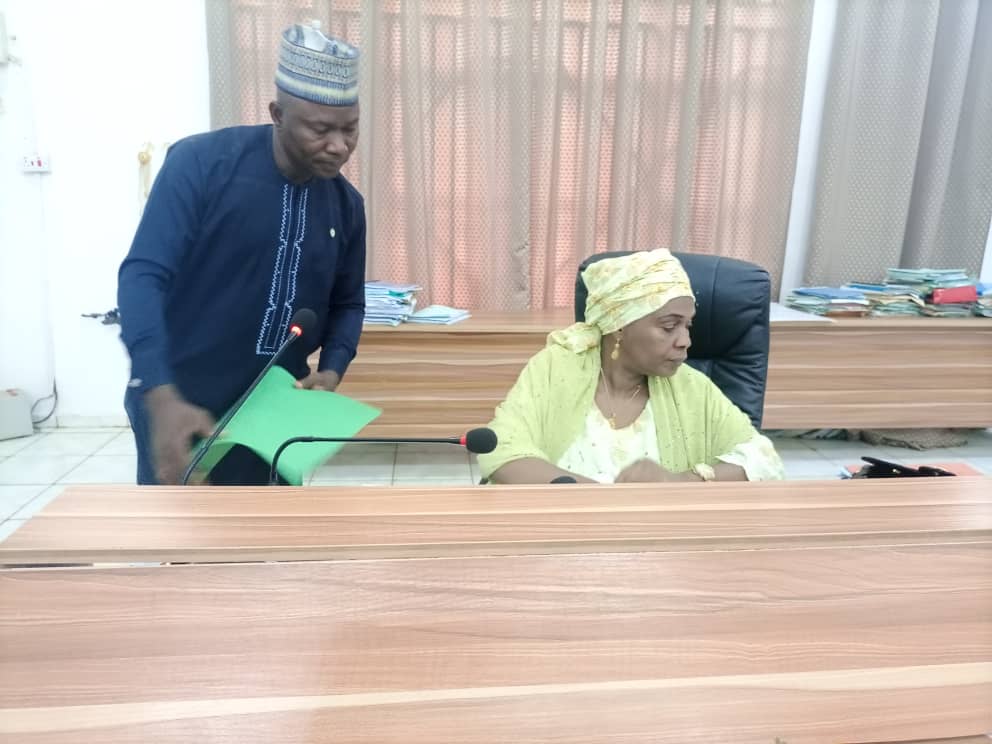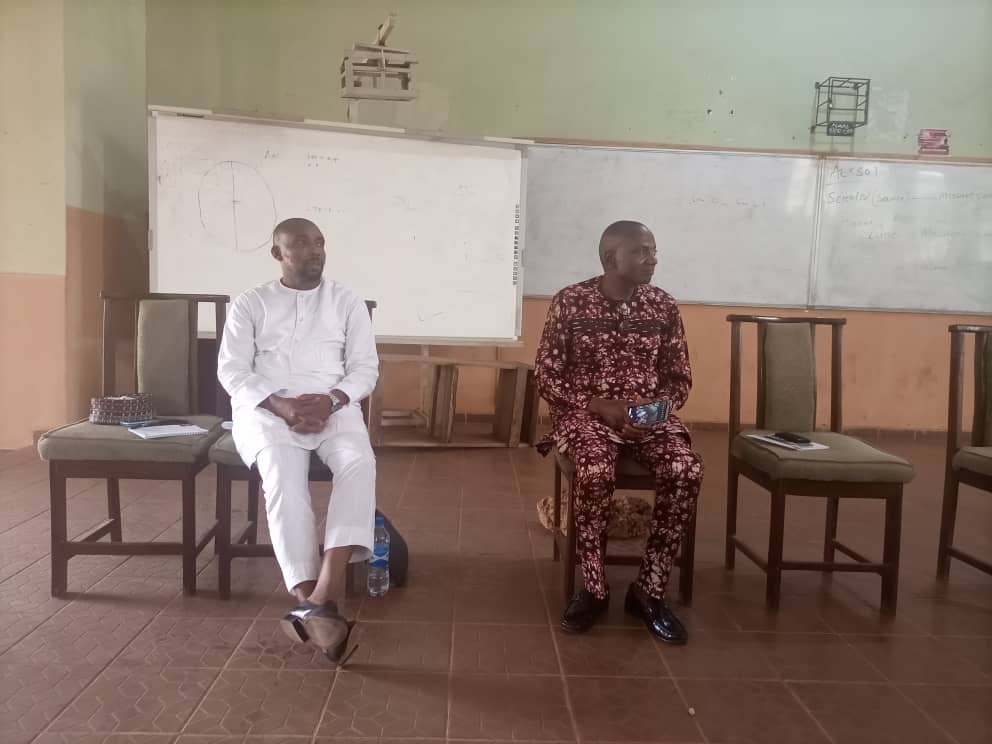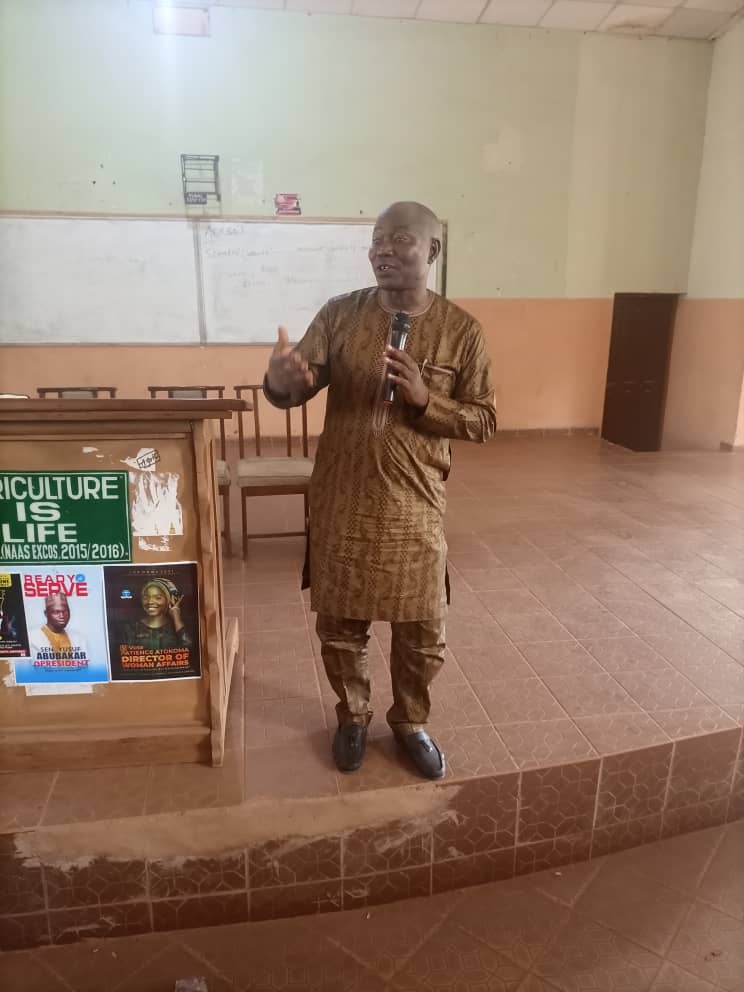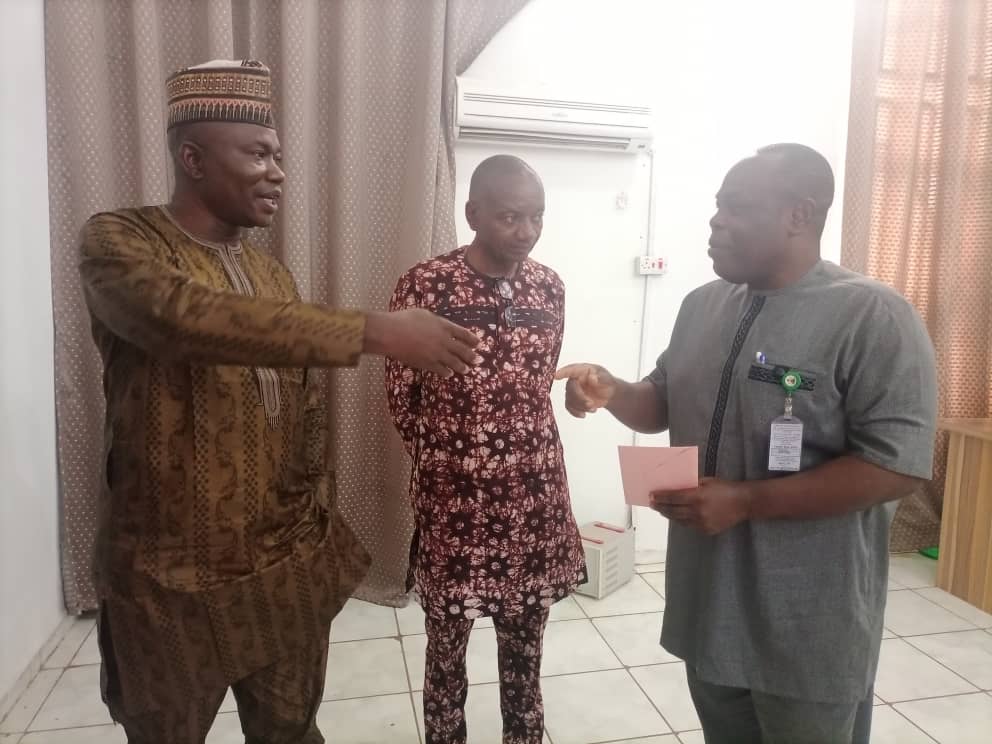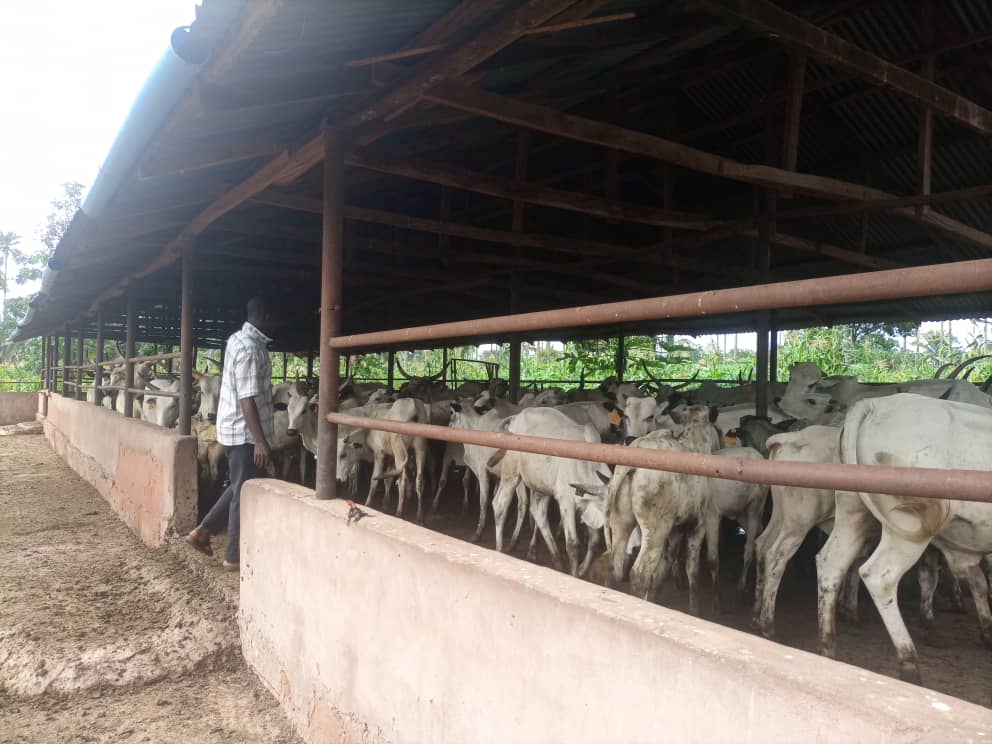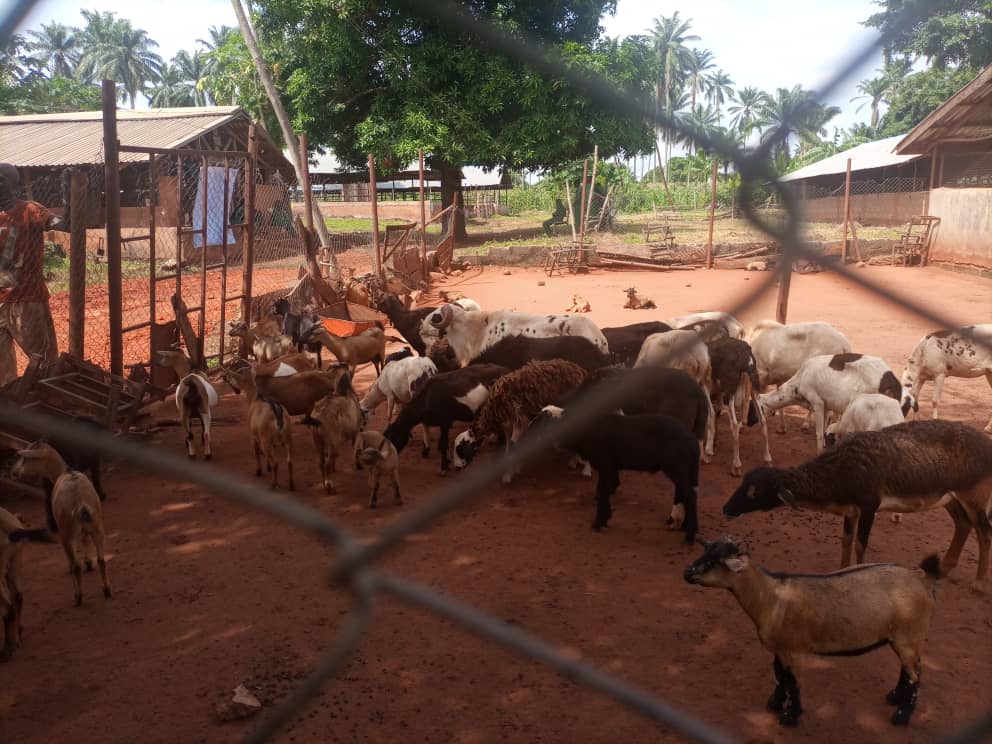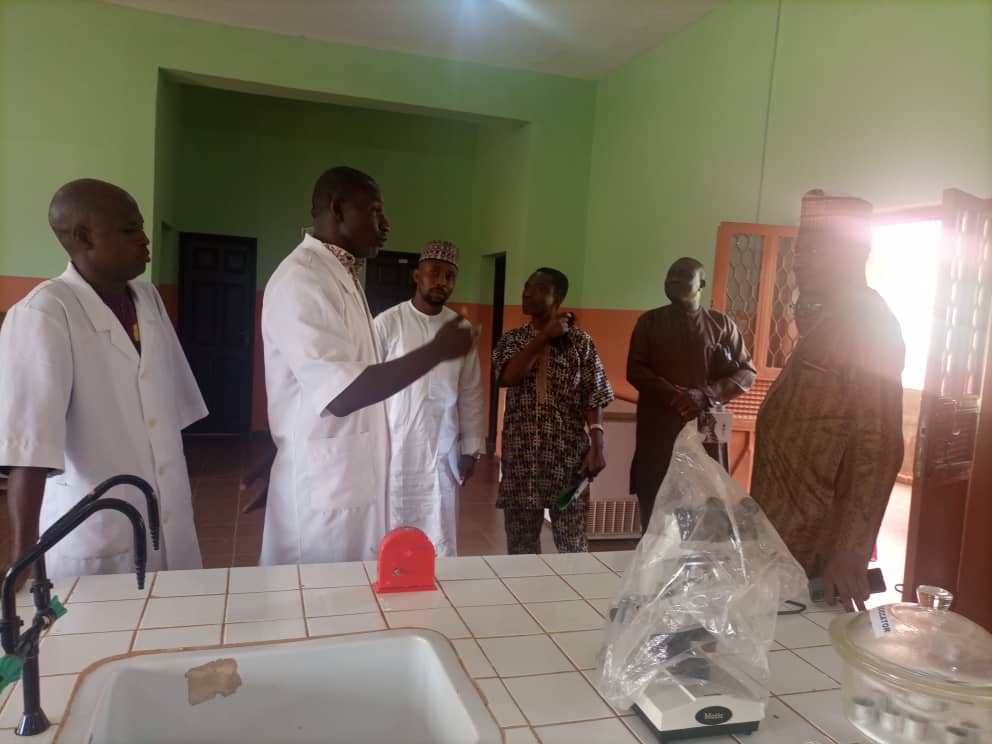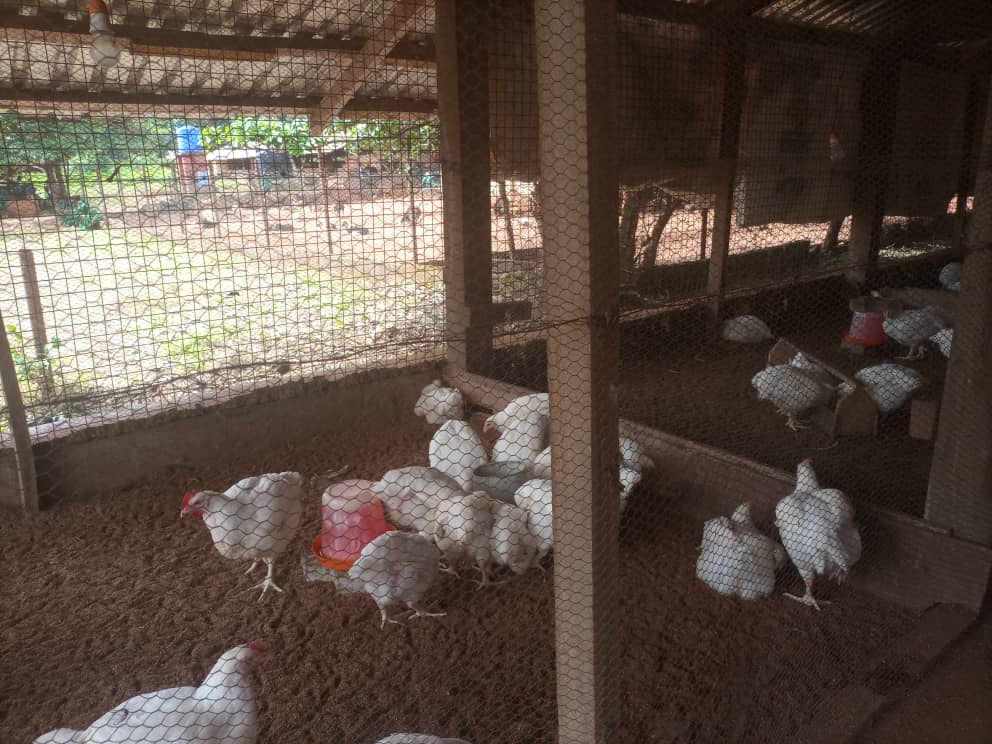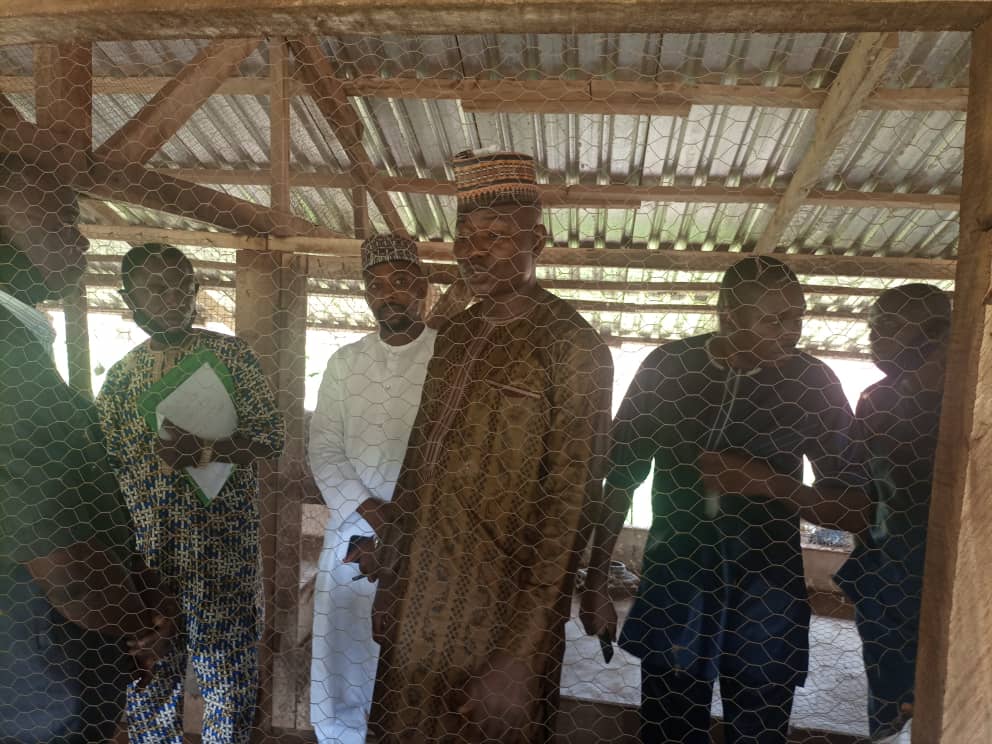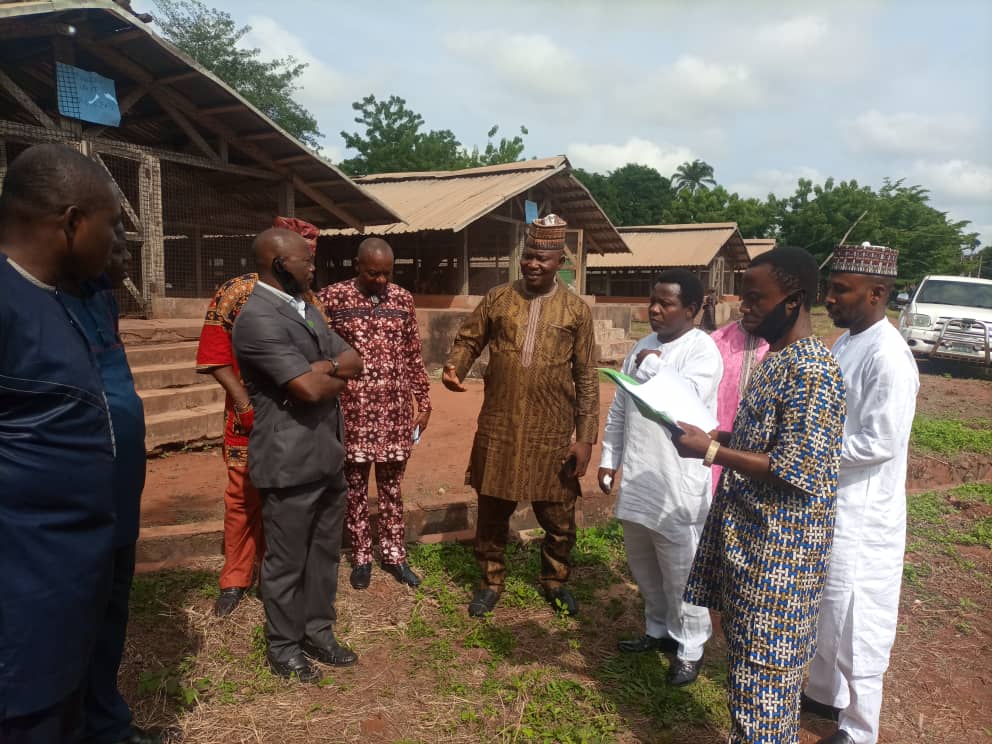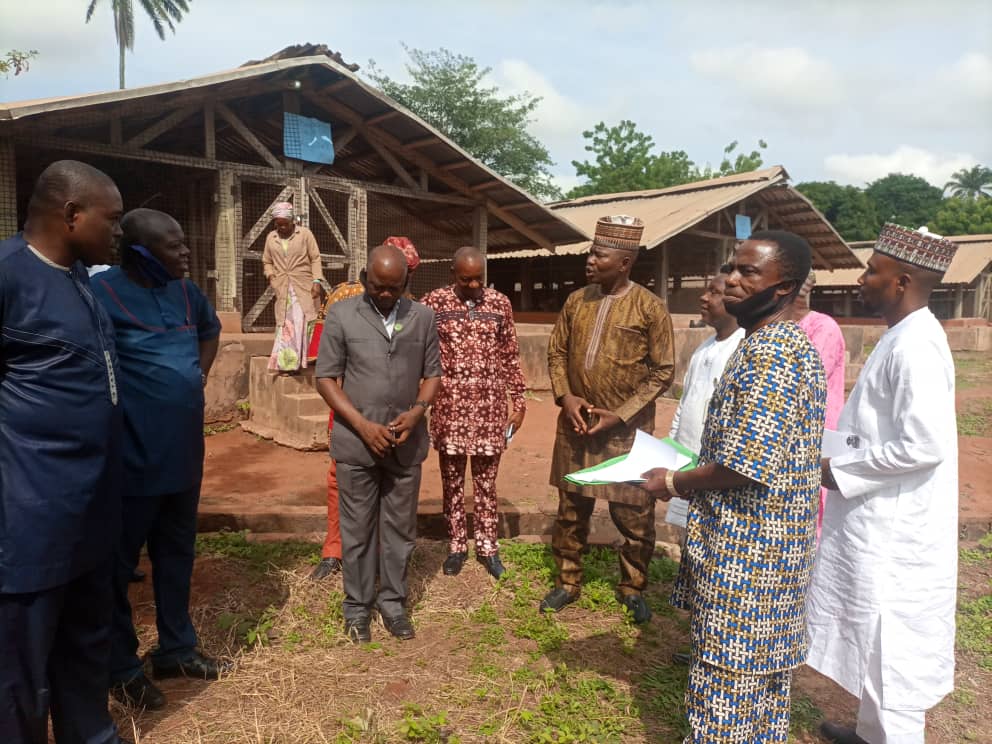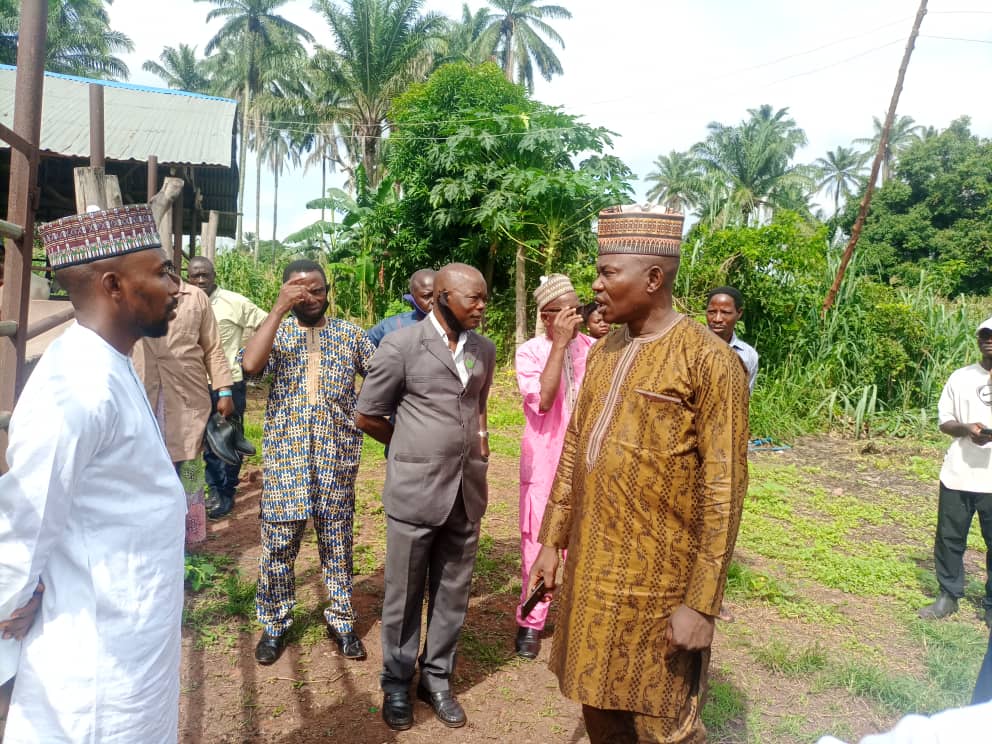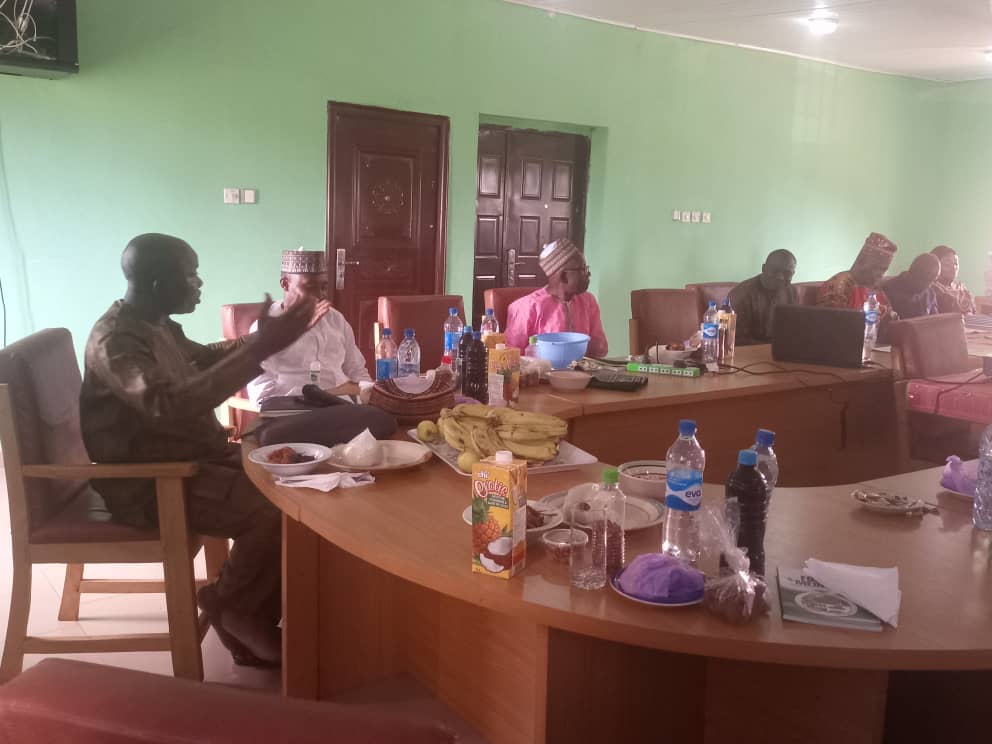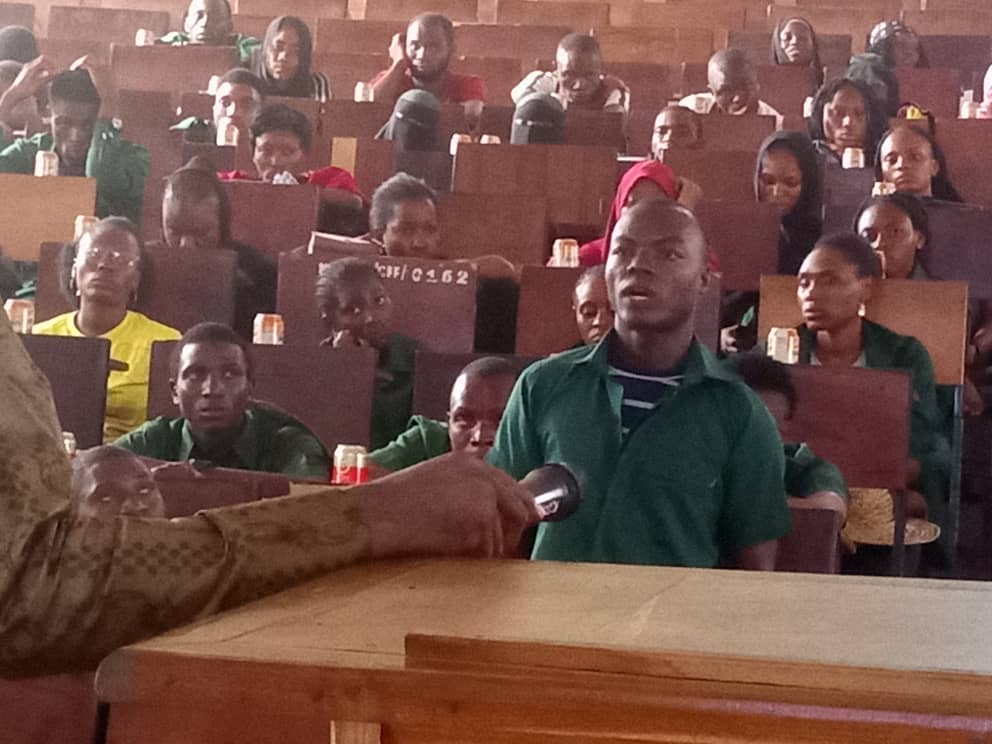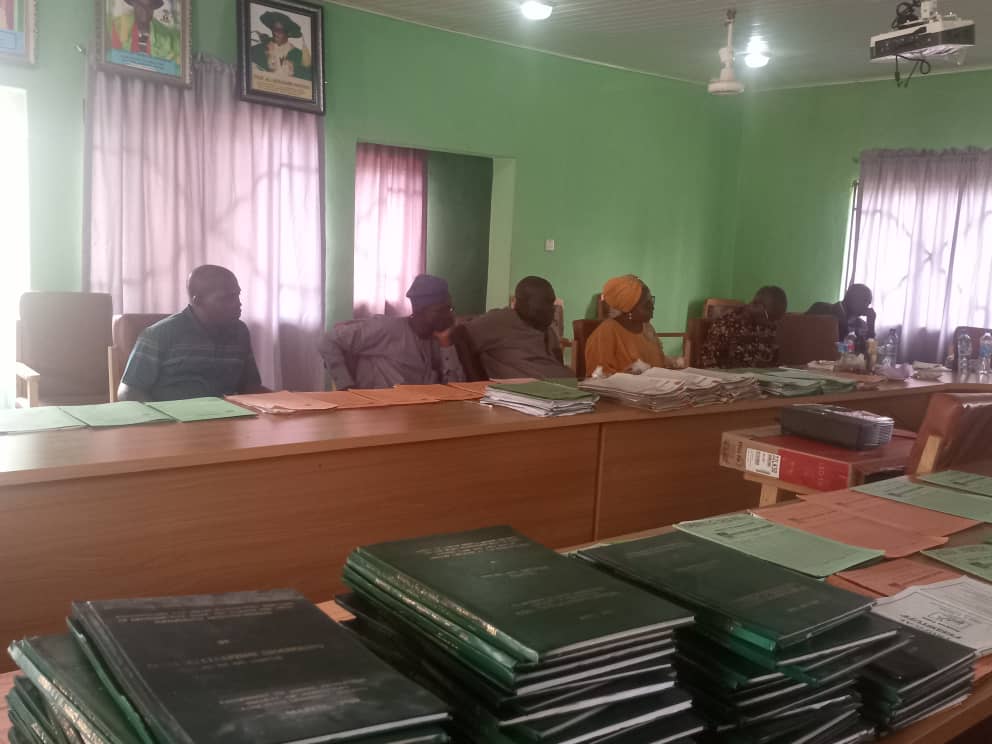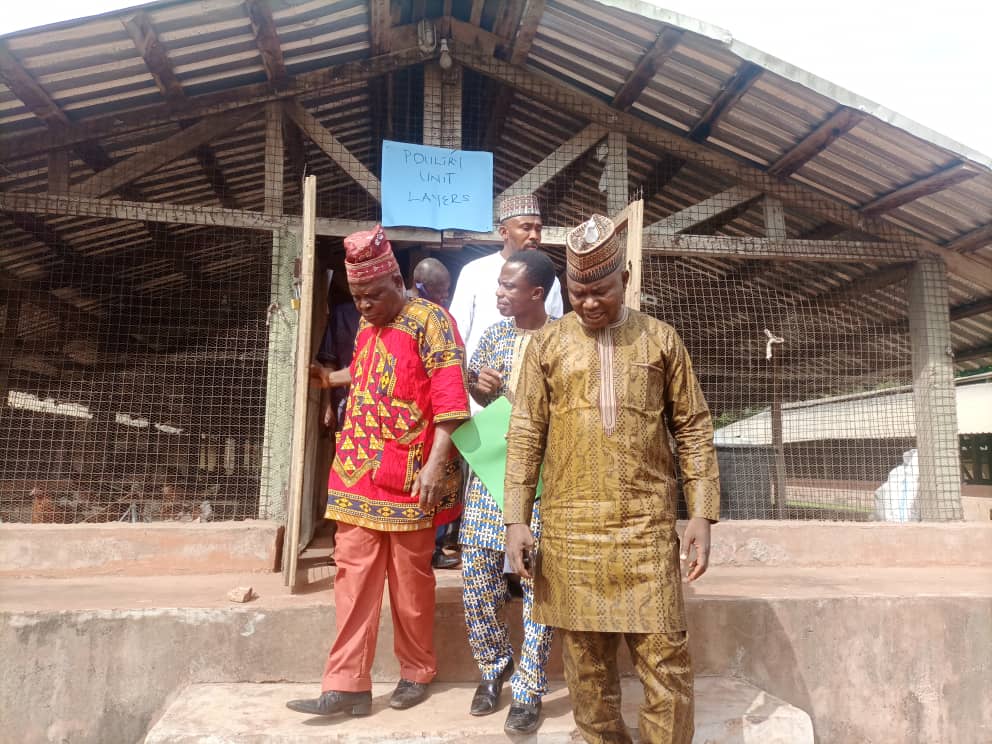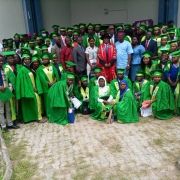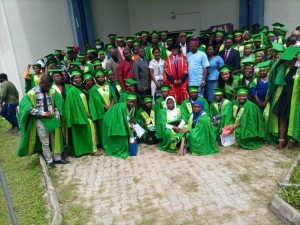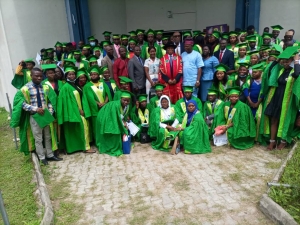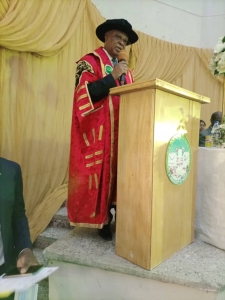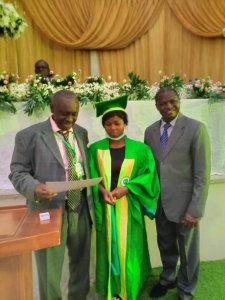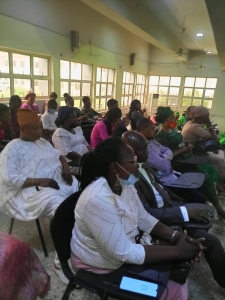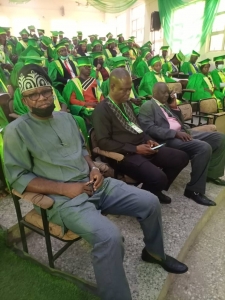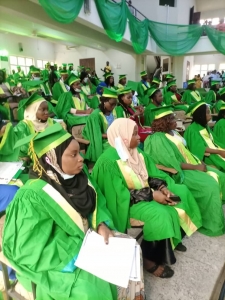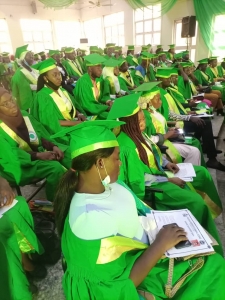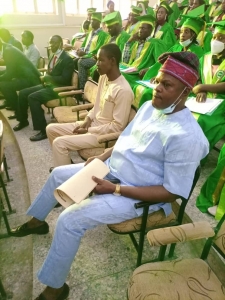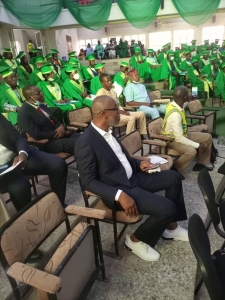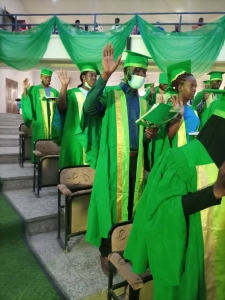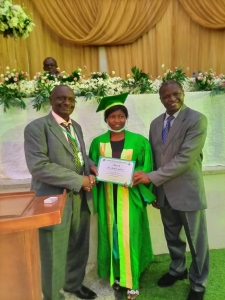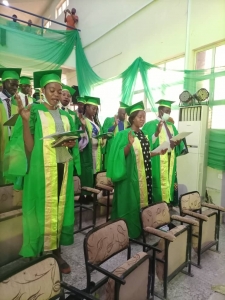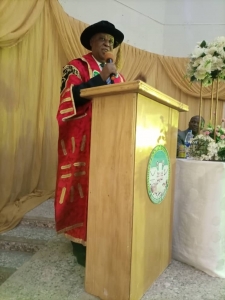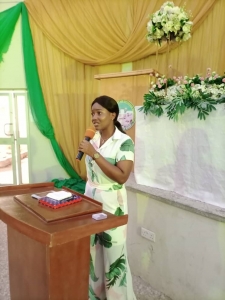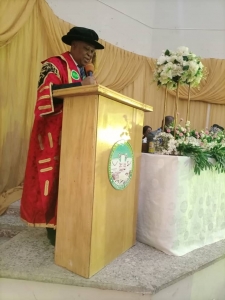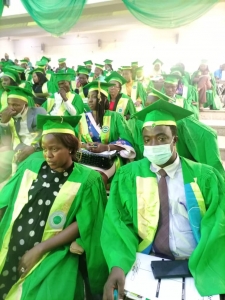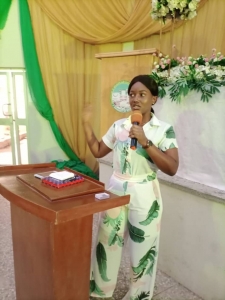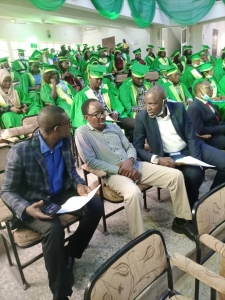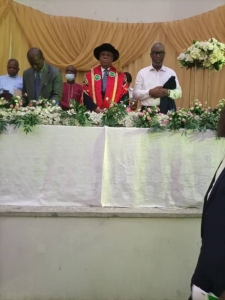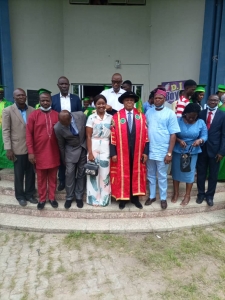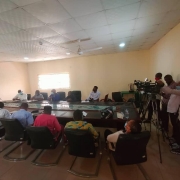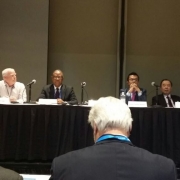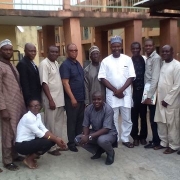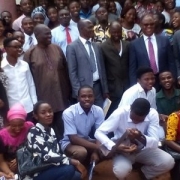PRESS STATEMENT-THE LINGERING FARMERS-HERDERS CONFLICT IN THE COUNTRY AND THE IMPACT OF SCARCITY OF MAIZE AND SOYBEAN ON THE POULTRY AND FEED SUBSECTORS
THE LINGERING FARMERS-HERDERS CONFLICT IN THE COUNTRY AND THE IMPACT OF SCARCITY OF MAIZE AND SOYBEAN ON THE POULTRY AND FEED SUBSECTORS
BY PROFESSOR E.A. IYAYI, REGISTRAR/CEO, NIGERIAN INSTITUTE OF ANIMAL SCIENCE
PRESS STATEMENT
Background
The Nigerian Institute of Animal Science (NIAS) was established by Act No. 26 of 2007 (as Amended 2015). It is a regulatory agency under the Federal Ministry of Agriculture and Rural Development with mandates to regulate all matters pertaining to Animal Husbandry in Nigeria, including the advancement of education, science, technology and the art of animal science and livestock production.
- The Institute’s regulatory functions over the years have no doubt enhanced capacity within the livestock industry with our inclusive method of regulation, as against the stick-wielding approach, which was the initial fear of some practitioners. Our ultimate goal is to guarantee food security and safety and have the Nigerian livestock industry organized, enough for self-regulation in line with global best practices that will leave no breathing space for quackery and adulteration.
FARMERS-HERDERS CONFLICT
- The country has continued to witness an escalation of the conflict between farmers and herders both in intensity and widespread. What started as a dry season phenomenon in some parts of the country has gradually spread to almost all regions with a ferocious intensity bordering on criminality.
- Familiar problems- relating to land and water use, obstruction of traditional migration routes, livestock theft and crop damage- tend to trigger these conflicts. But the causes run deeper mainly as a result of drought, desertification, degraded pastures, dried up natural water sources across Nigeria’s far-northern Sahelian belt and forced large numbers of herders to migrate south in search of grassland and water for their herds. Insecurity consequent upon the Boko Haram insurgency in the northeast, banditry and cattle rustling in the north-west and north-central zones have also prompted increasing numbers of herdsmen to migrate south.
- While the government has been trying to resolve the conflicts, they have continued unabated resulting in the loss of lives, displacement, distrust, destruction of properties leading to food insecurity and unemployment.
- Among other solutions being proffered by the government, the Institute strongly advocates the establishment of ranches as a way of resolving the crisis. We must move away from the transhumance mode to the modern and more sustainable ranching method of cattle production.
- Cattle remain a valuable national asset to the country and its production must be sustained.
- The Institute commends the efforts of President Muhammadu Buhari in this regard by the establishment of the National Livestock Transformation Plan. The complementary efforts of the Livestock Productivity and Resilience Support (L-PRES) Project of the Federal Ministry of Agriculture and Rural Development (FMARD) supported by the World Bank in this regard are also highly commendable.
- All gazetted grazing reserves (Adamawa, 31; Bauchi 27; Borno 15; Gombe 4; Jigawa 2; Kaduna 2; Kebbi 1; Kogi 1; Kwara 1; Nasarawa 7; Niger 2; Plateau 1; Sokoto 8; Taraba 9; Yobe 17; Zamafara 6, FCT 4 and Oyo 2: 140) plus the ungazetted ones giving a total of about 405 should be transformed to ranches. This has previously been recommended in
POLICY DIALOGUE ON TRANSFORMATION OF GRAZING RESERVES TO RANCHES after a joint meeting with the FAO on April 17, 2017. The Institute reiterates that this policy is adopted immediately.
- The Institute recommends that a Commercial Pasture Production value chain should be established as part of the National Livestock Transformation Plan (NLTP) and modalities for its operation on a private-sector basis worked out. This should be an attraction to our state government as a means of income generation and employment of youths.
- The Institute recommends that the government should work with the various Chambers of Commerce and Industry in the involvement of the private sector for operationalization of the ranching and commercial pasture projects
- The Institute will be establishing model units at its National Livestock Training Center in Kachia, Kaduna State for the breed improvement of our livestock. We aim to produce more meat and milk on less land towards the overall objective of lesser herd size and more income on less land.
- About 2000 Community Animal Husbandry Officers who are Graduate Animal Scientists will be capacitated in the next three years to join our pool of experts in the Institute in Sustainable Commercial Ranching and Pasture Production.
- The Institute is ready to make its expertise available to the Federal and State Governments in the establishment of ranches and the development of high yielding pasture for cattle production as a measure to solve the lingering conflict.
MAIZE AND SOYBEAN SCARCITY
- Consequent to the COVID-19 pandemic, which has disorganized the international supply chain, lingering insecurity in the northeast and north-west, farmers-herders conflicts, and flooding in some grain-producing areas of the country, the livestock industry and particularly the poultry subsector has been hit by maize and soybean scarcity.
- In addition, maize and soybean are being exported leading to local scarcity and price escalation of the two commodities.
- Increasing prices of the 2 essential commodities have resulted in an increase in the price of finished feed by about 75%. This has led to the closure of small and medium-sized poultry farms thereby threatening about 10 million jobs.
- To save the poultry industry from total collapse, the Institute urges the government to immediately halt the exportation of soybean and maize and grant import permits for them at the official rate.
- The Institute is working with critical stakeholders like Feed Industry Practitioners Association of Nigeria (FIPAN), Maize Growers Association and Research Institutes under the Triple Helix Model (Research-Development-Industry) to develop high yielding varieties on less land. The current maize yield of about 1-2 tons/ha cannot sustain our demand for human and livestock consumption. We should be doing up to 7-10 tons/ha.
- The Institute calls on all stakeholders to embrace the measures being put together by the various governments and experts from the Institute to create an enabling environment for the sustained production of our national cattle herd, which is a veritable asset.
Professor Eustace A Iyayi
Registrar/CEO
23 February, 2021
INTERNATIONAL FEED REGULATORS MEETING IN ATLANTA, USA
Nigerian Institute of Animal Science led team on Feed Legislation in Atlanta USA.
Strong institution and legislations are necessary to govern the policy and regulatory frame work in the feed industry. Proper legislations will ensure removal of many obstacles that have hitherto affected the feed sector in Africa particularly Nigeria. The future of the feed industry lies with regulatory activities and greater involvement of professionals to drive the new level of growth expected in the industry. Professional Animal Scientists are determined to shape it and will no longer leave things to chance.
The active role played by NIAS in the feed industry in Nigeria was rewarded in the recent NIAS hosted the first pilot Train-the-Trainer programme in Africa, organized by International Feed Industry Federation (IFIF) and FAO. International Feed Industry Federation acknowledged that Nigeria has sizeable feed industry, growth potentials, legal framework and one of the emerging Animal feed producers with better opportunity to penetrate the International feed export market. In view of this NIAS was nominated as the Secretariat of IFIF in Nigeria. The Institute led a team to the 10th International Feed Regulators Meeting (IFRM) in Atlanta USA, which took place on 30-31 January 2017. The forum provided opportunity for all inclusive dialogue with stakeholders to create the necessary structure and legislations that will enhance the quality control in the feed industry.
NIAS IMPLEMENTS IFIF/FAO TRAINING FOR OTHER STAKEHOLDERS IN THE FEED MILL INDUSTRIES
As feed production in Nigeria continues to expand in volume and value in response to increase in demand from Farm establishments, capacity building of stakeholders in the industry is one of the key priorities.
To ensure multiplier effect of the IFIF/FAO train – the – trainer pilot project held in Nigeria in 2015, NIAS have started implementing the post IFIF action plan to train other stakeholders transcending different geopolitical zones of Nigeria. The training which began in Kaduna was designed to build capacity of relevant stakeholder for increase feed safety and feed quality at production level both for industrial and on farm mixing, address the requirements of the sector while meeting the individual training needs of participants. In his closing remarks at the workshop held in Kaduna, the Registrar/CEO Prof. E. A. Iyayi thanked the participants and disclosed that the Institute will not renege on ensuring high premium on quality and standardization of feed in Nigeria. He however, called for collective actions among all stakeholders.
PROFESSIONAL RESOURCE VERIFICATION OF ANIMAL SCIENCE DEPARTMENT KOGI STATE UNIVERSITY
Nigerian Institute of Animal Science in line with its statutory mandate undertook professional resource verification of human and material resources used in teaching Animal Science programme in Kogi State University on 13- 14th of October 2016.
On arrival, the team was received by Director Academic planning who later introduced members of the team to the Vice-Chancellor who was represented by the Deputy Vice-Chancellor Administration. The Registrar/CEO Prof. E. A. Iyayi in his opening remark thanked the University management for allowing the Institute to come in and verify resources used in teaching Animal science programme in the University. Furthermore, he said the demand for a protein of Animal origin will continue to increase each year, due to population increase which is projected to reach 9.2 billion by 2050.
The purpose of the exercise he said was to ensure that resources used in training Animal Science students to meet the professional requirement so as to build capacity and capability of graduates that will be responsive to the concerns and emerging dynamics of the livestock industry. He noted that the provision of adequate human and material resources is pivotal for proper skills and work experience needed to drive the livestock industry, ensure that graduates work on cutting edge science of the livestock industry, advance to a successful career in Animal and allied industries and self-reliance.
In response, the deputy vice Chancellor Administration expressed gratitude to the team and informed the team that the University has put in place the basic facilities required for the Animal Science programme in spite of the economic recession. He gave an analogy that an outsider can best detect what has gone wrong with your house, he, therefore, implore the team to carry out a holistic assessment and report back their findings.
The team after assessment of the facilities had an interactive meeting with the student. The interactive meeting with the students was to spark, inspire, encourage and give hope to the students that better future lies ahead in the profession for serious-minded students.

At the exit meeting, the Head of Accreditation and Curriculum Mr. Peter Alike briefed the Vice-chancellor and University management on the outcome of the exercise. He expressed satisfaction in some areas and drew the attention of the University management to some existing gaps which require attention. Responding to the Deputy Vice-Chancellor Administration thanked the NIAS team for observations and genuine comments made by the team. Furthermore, he said, the University authority is constrained by the inadequate funding but assured the team of the University’s commitment to addressing the existing gaps identified by the team to engender quality.


